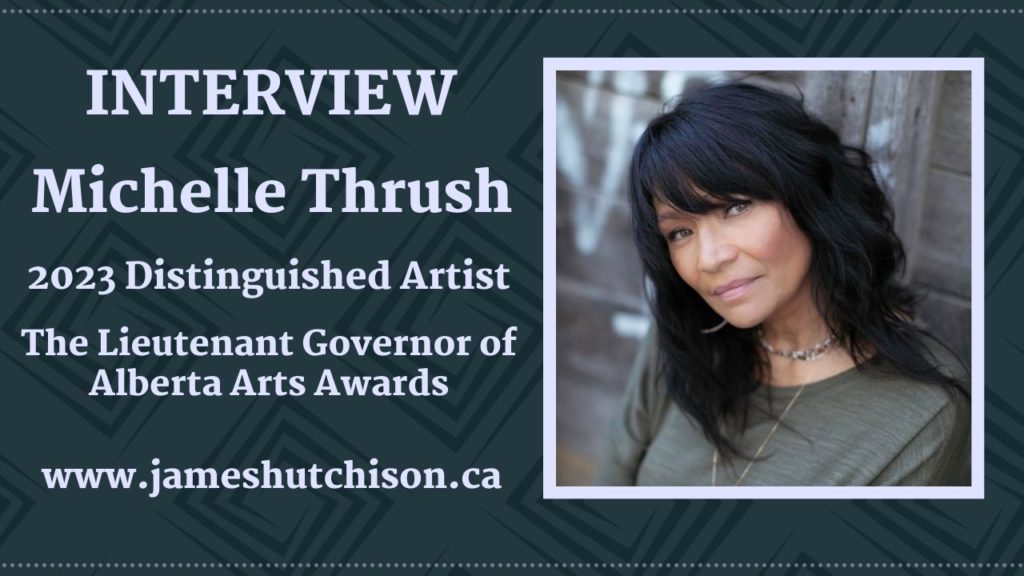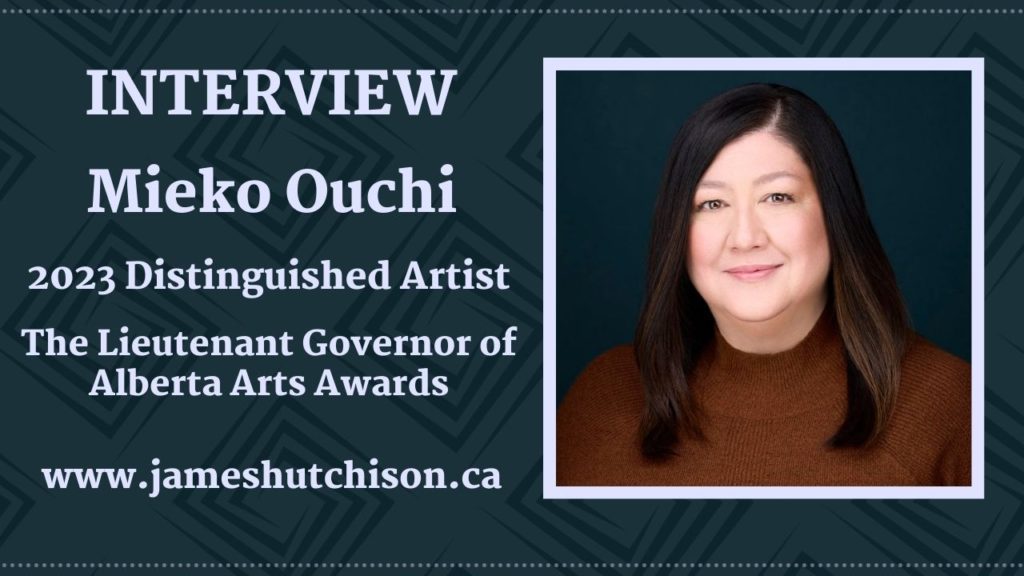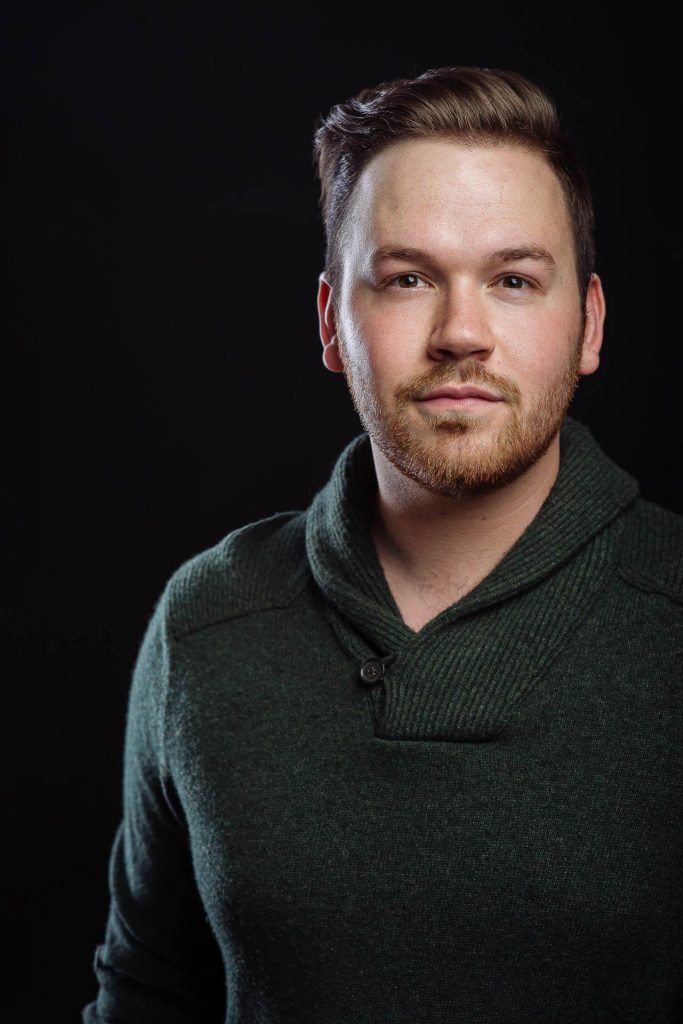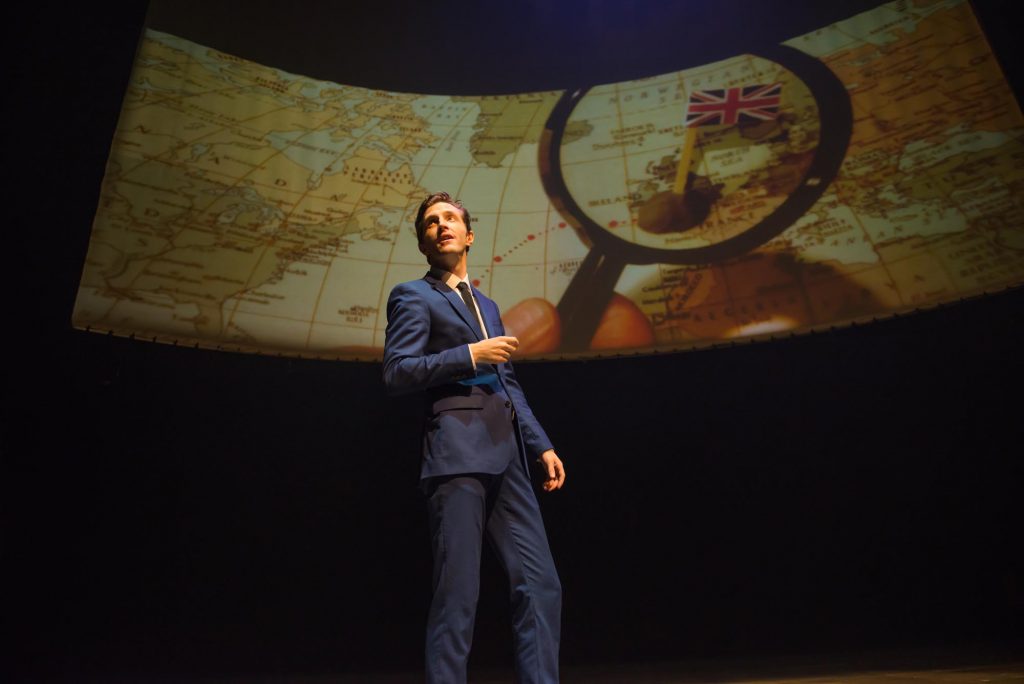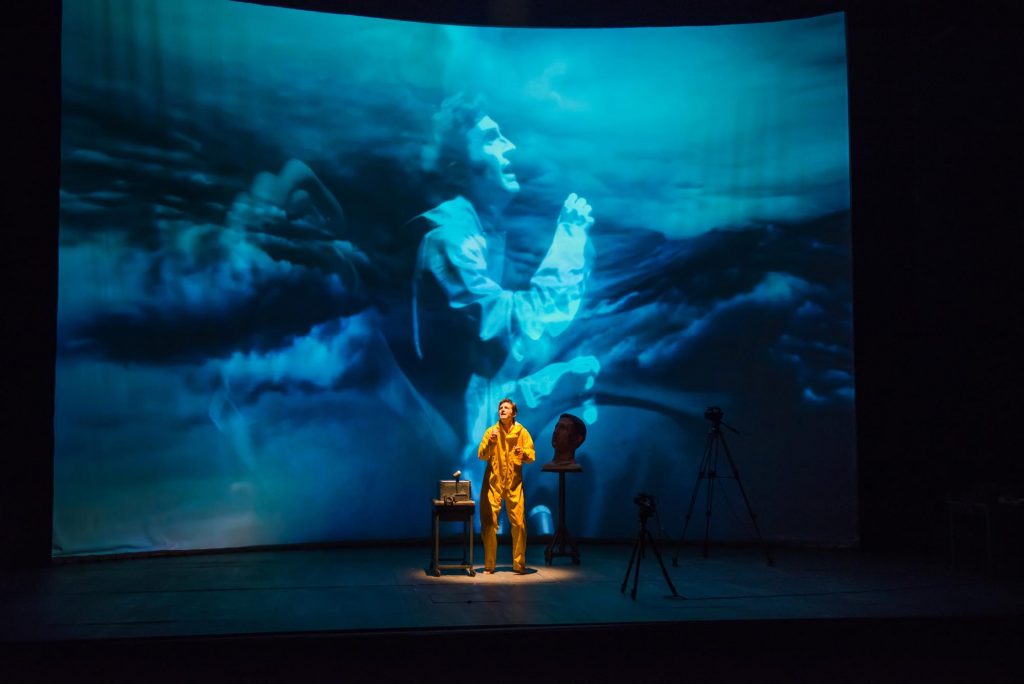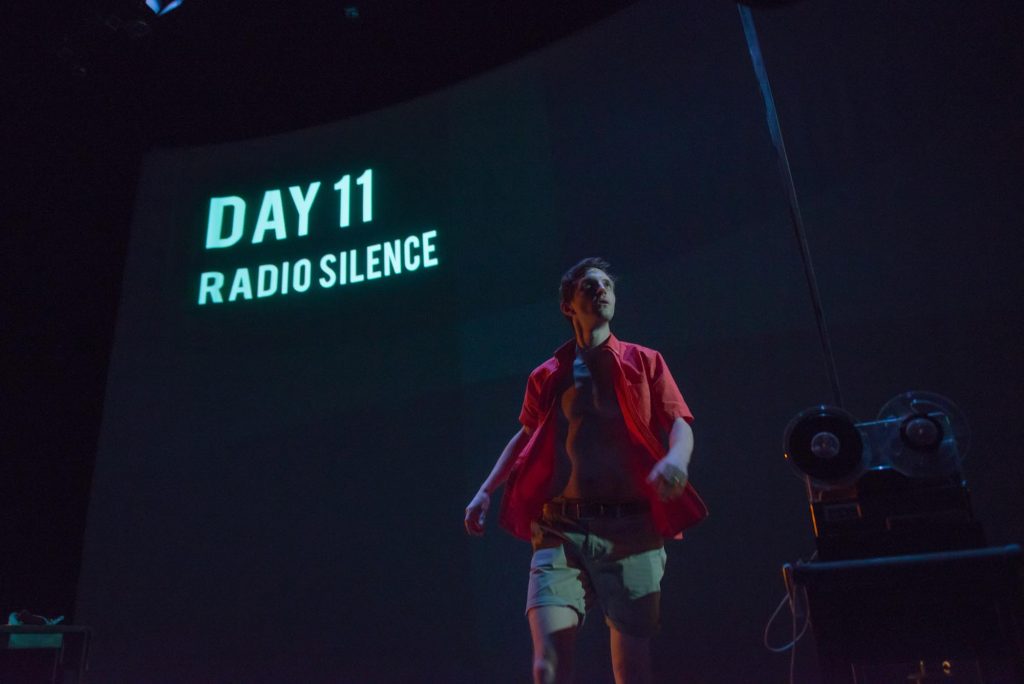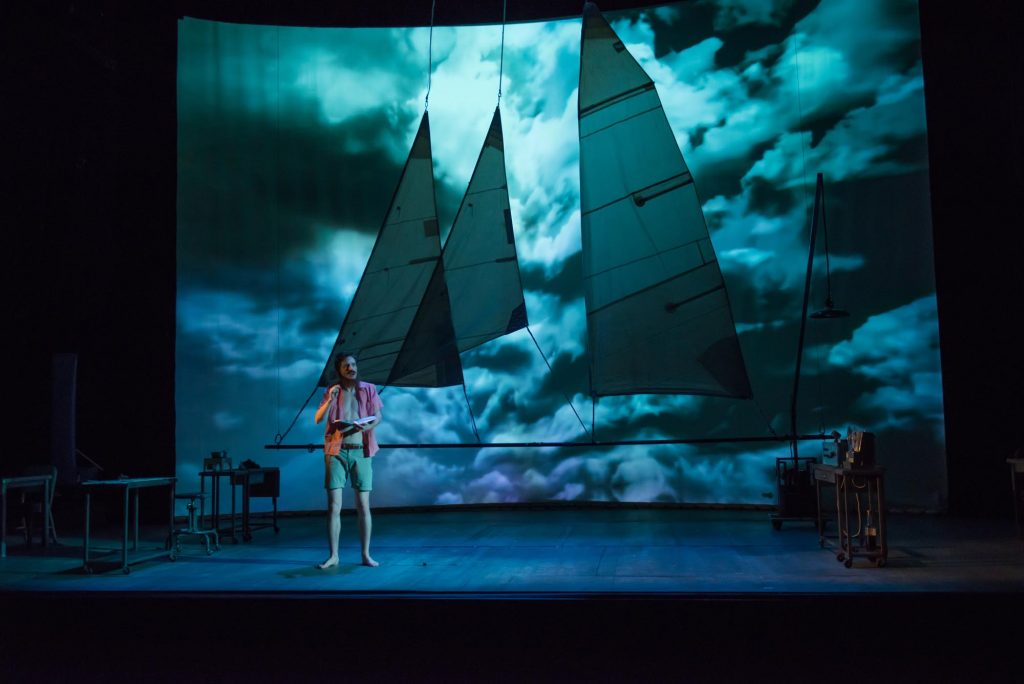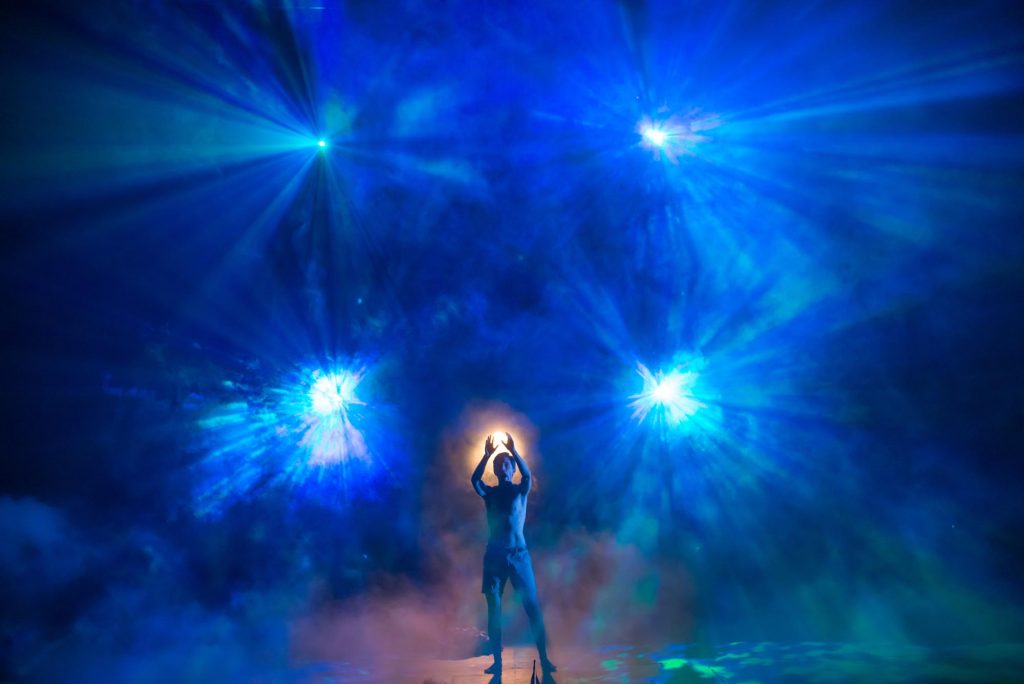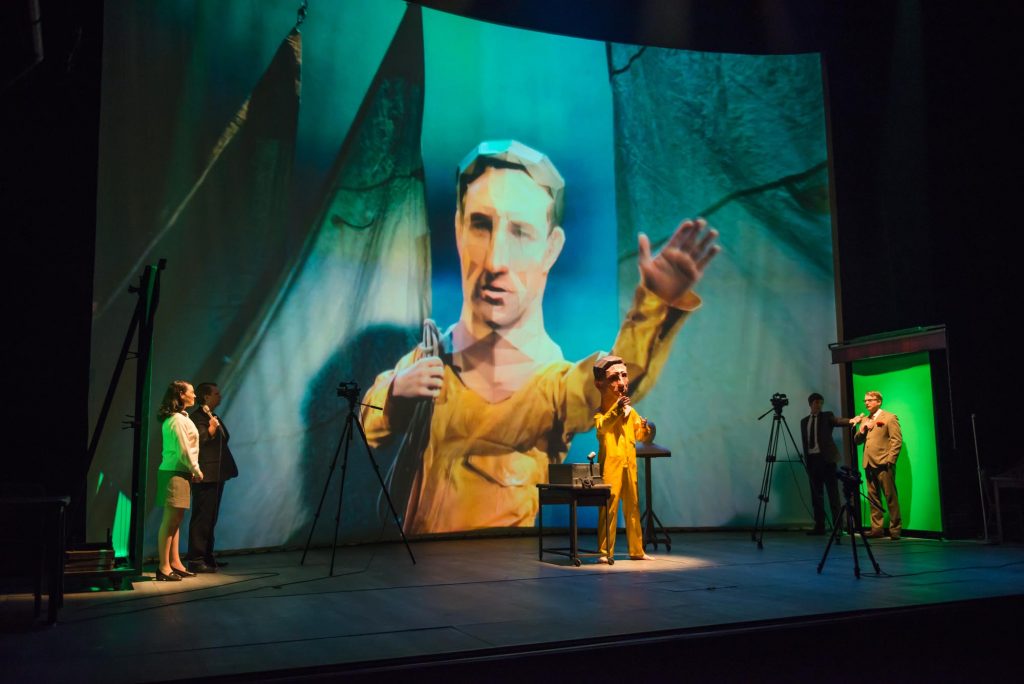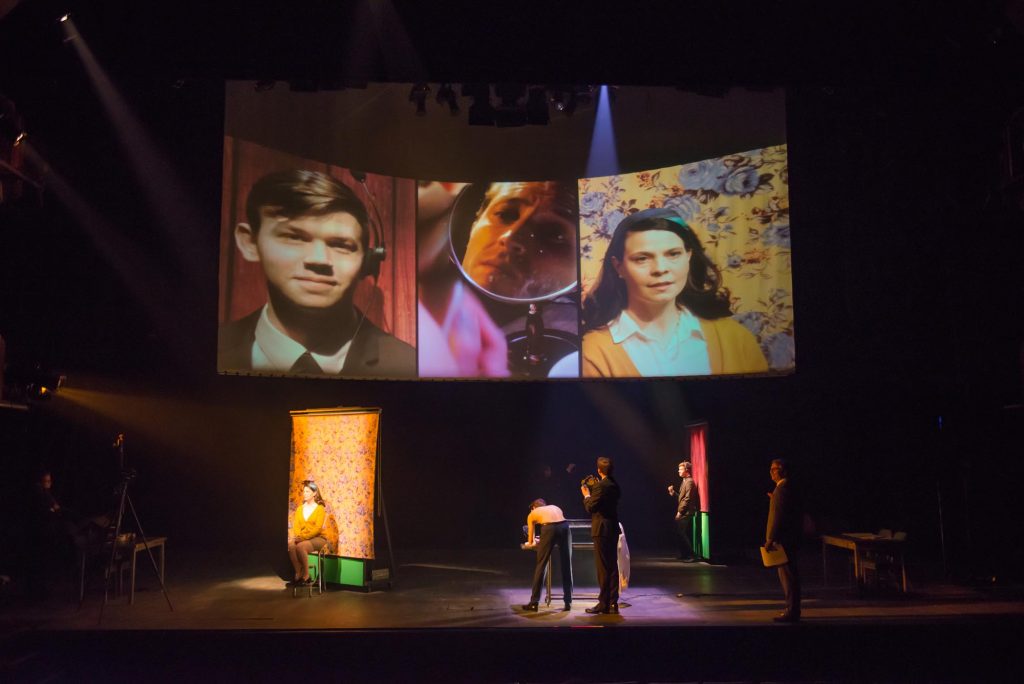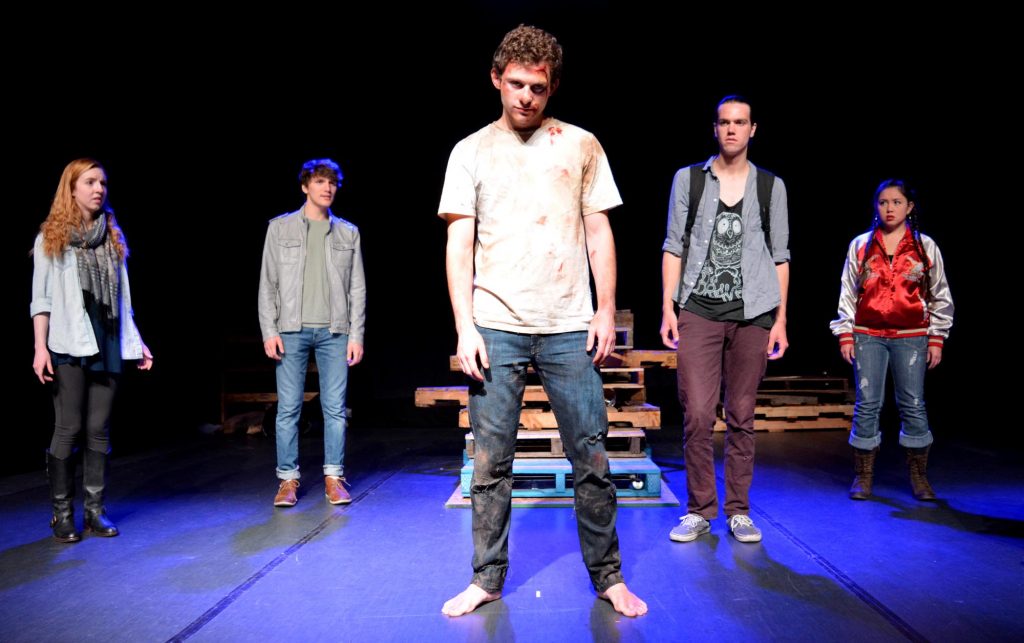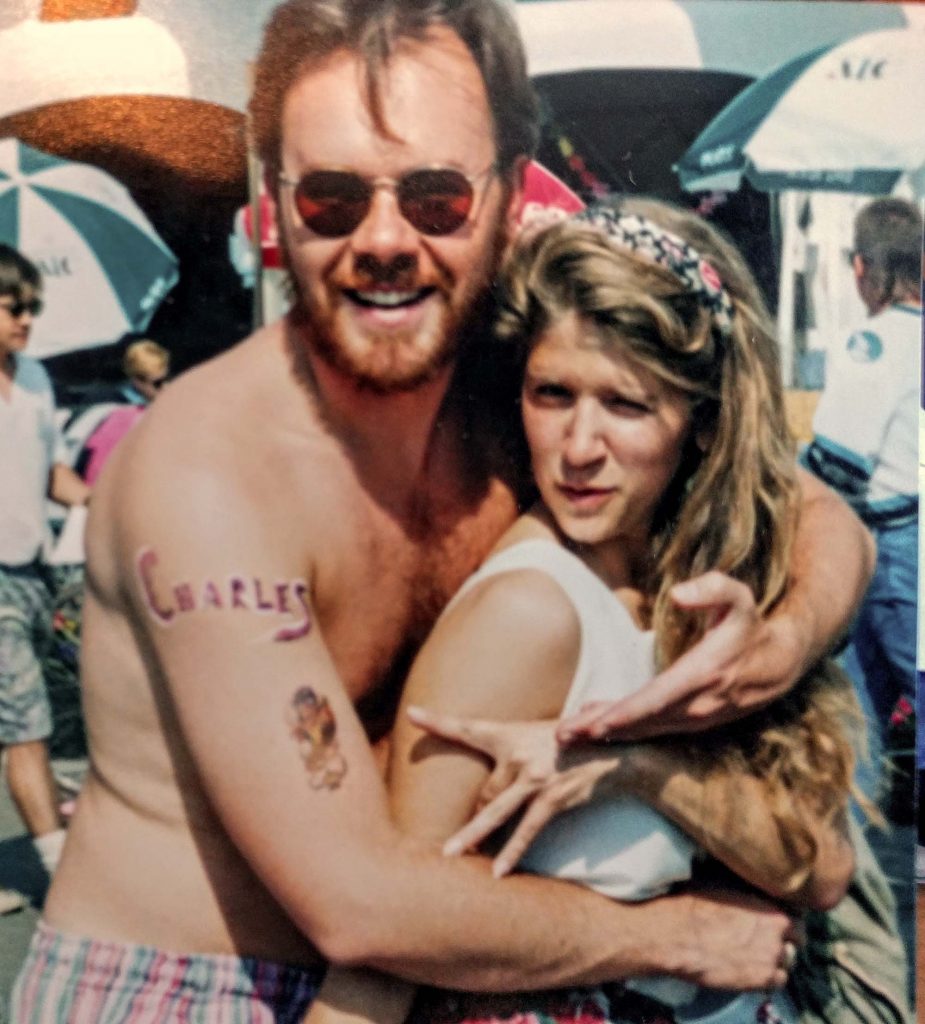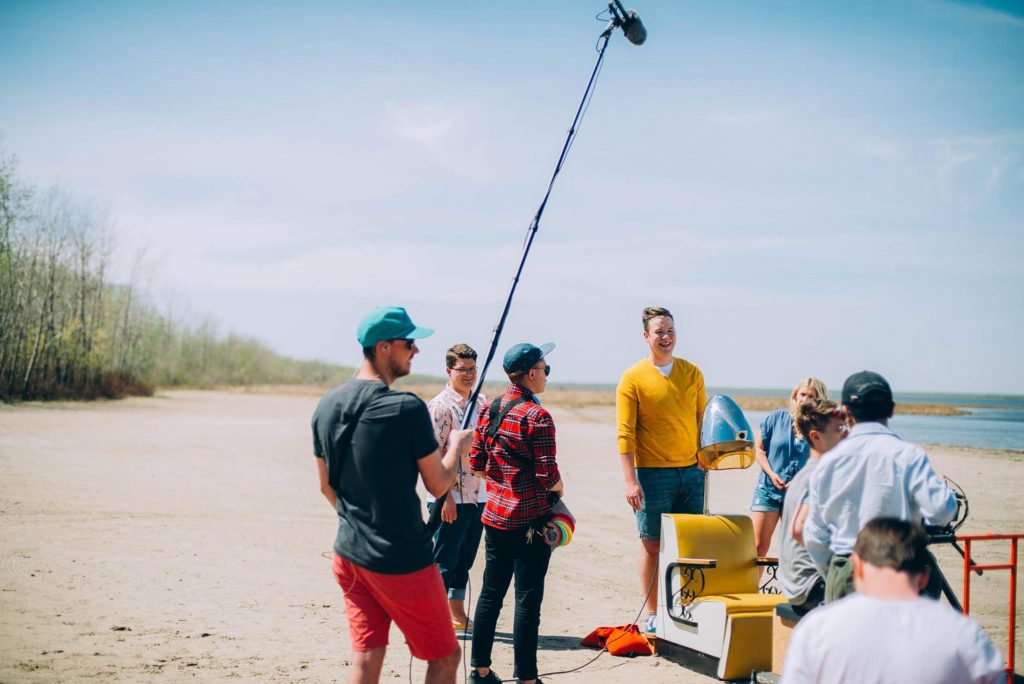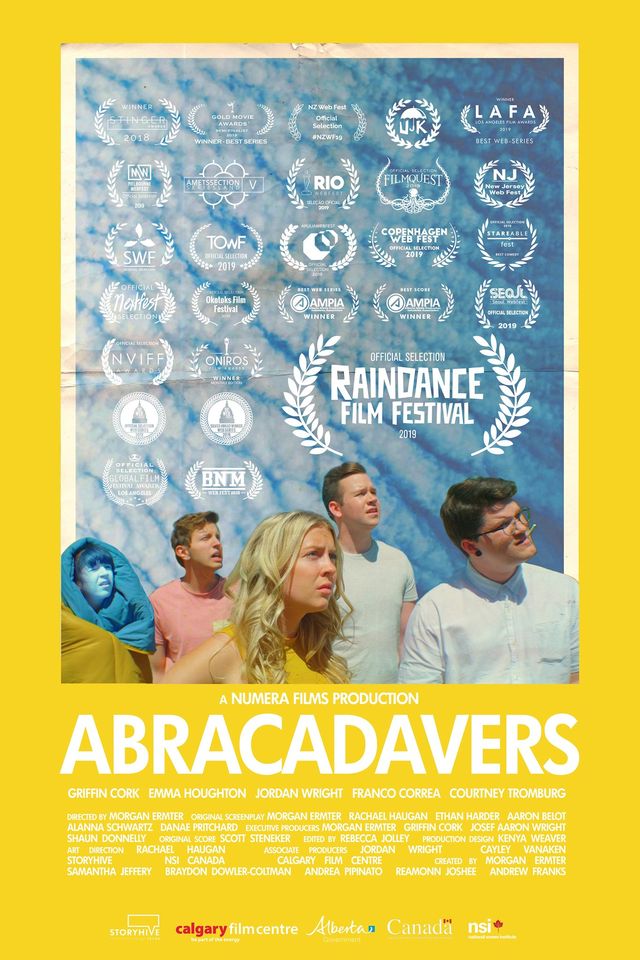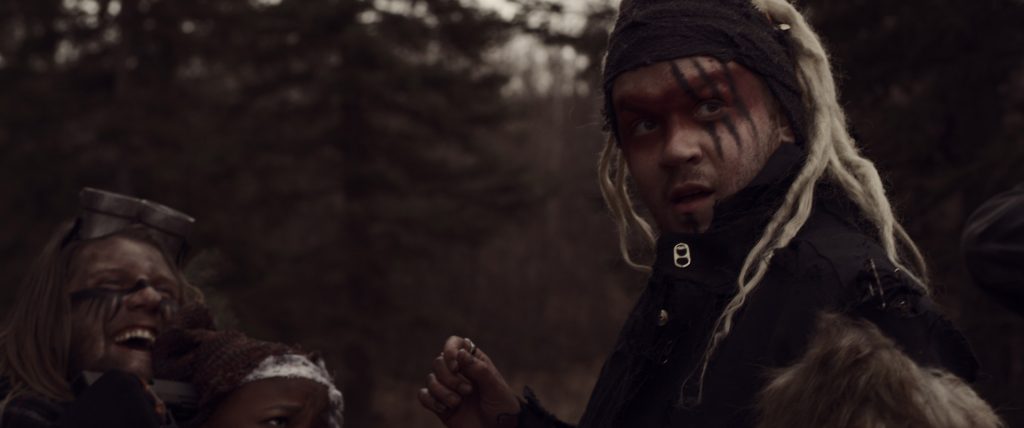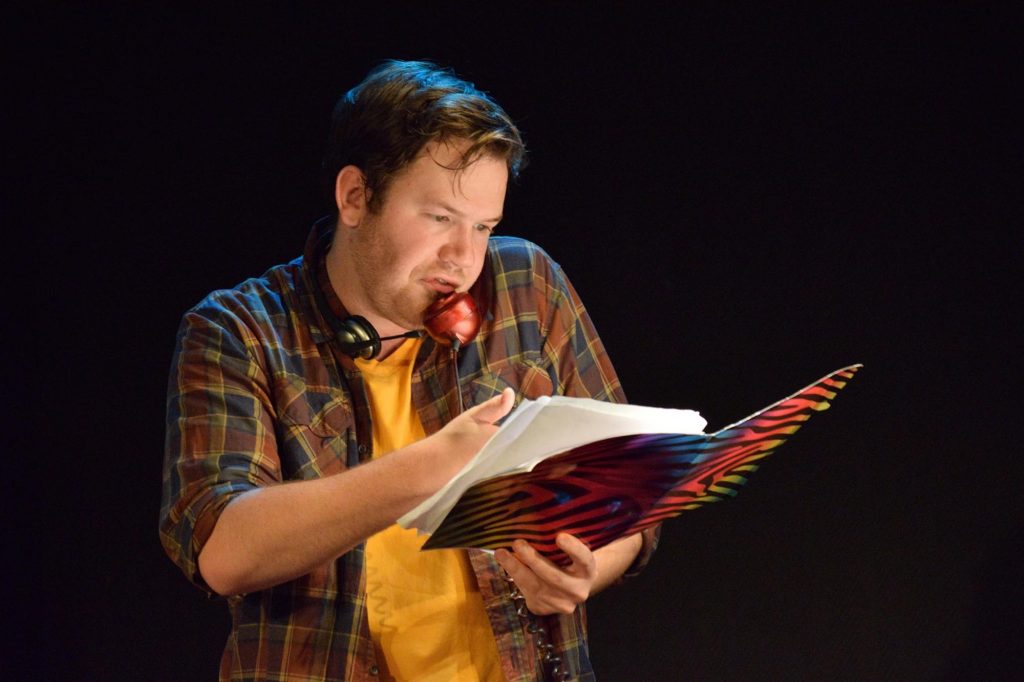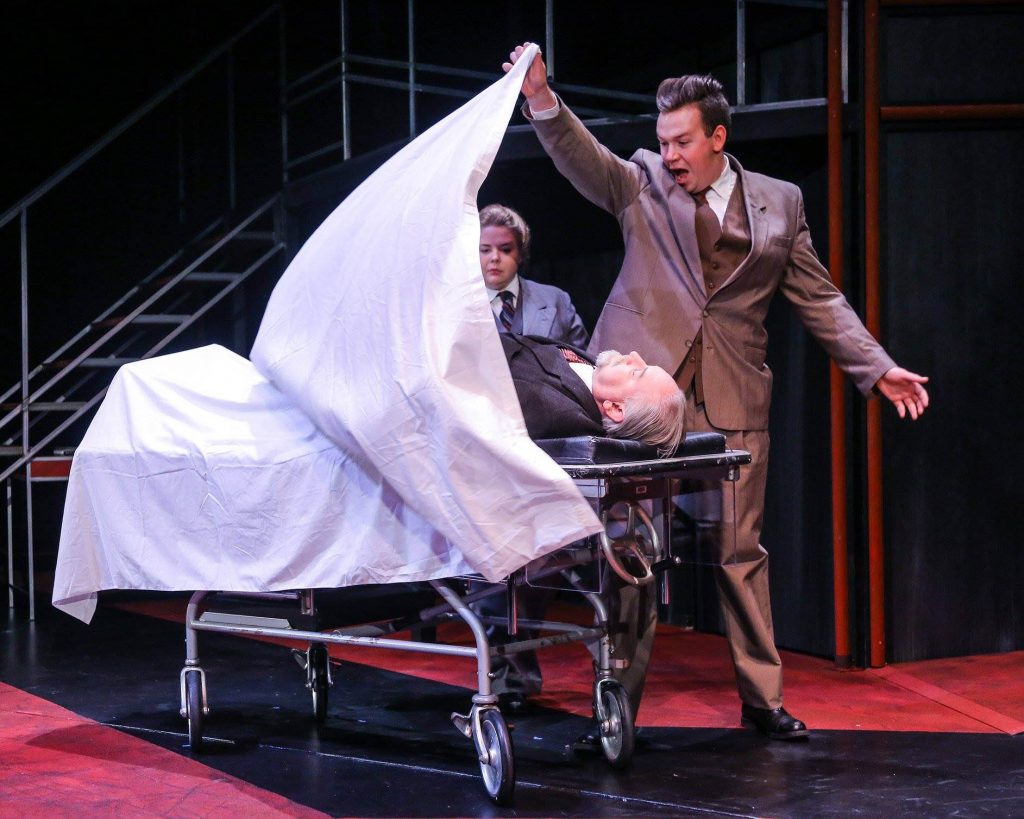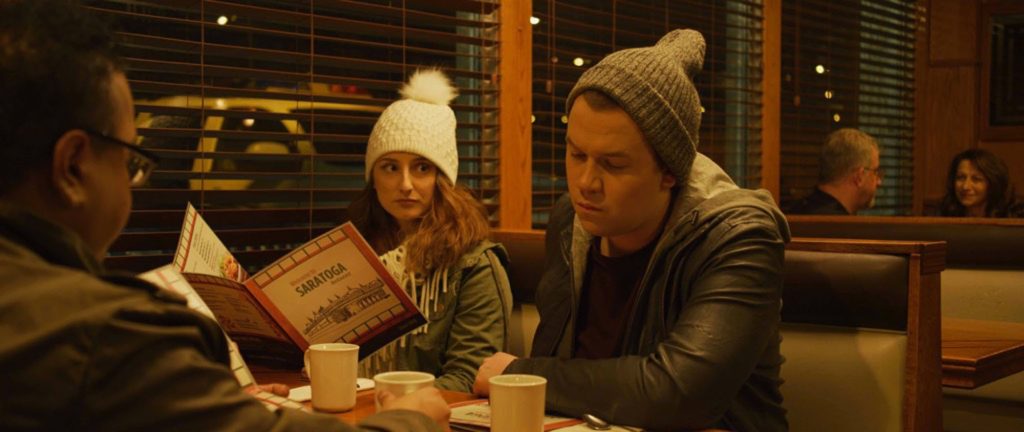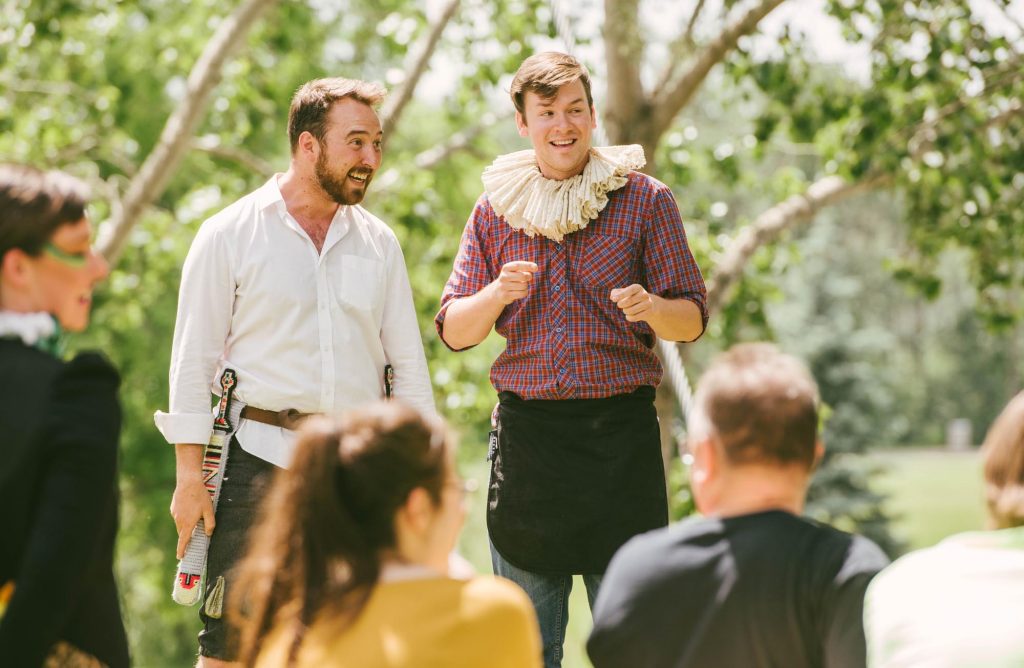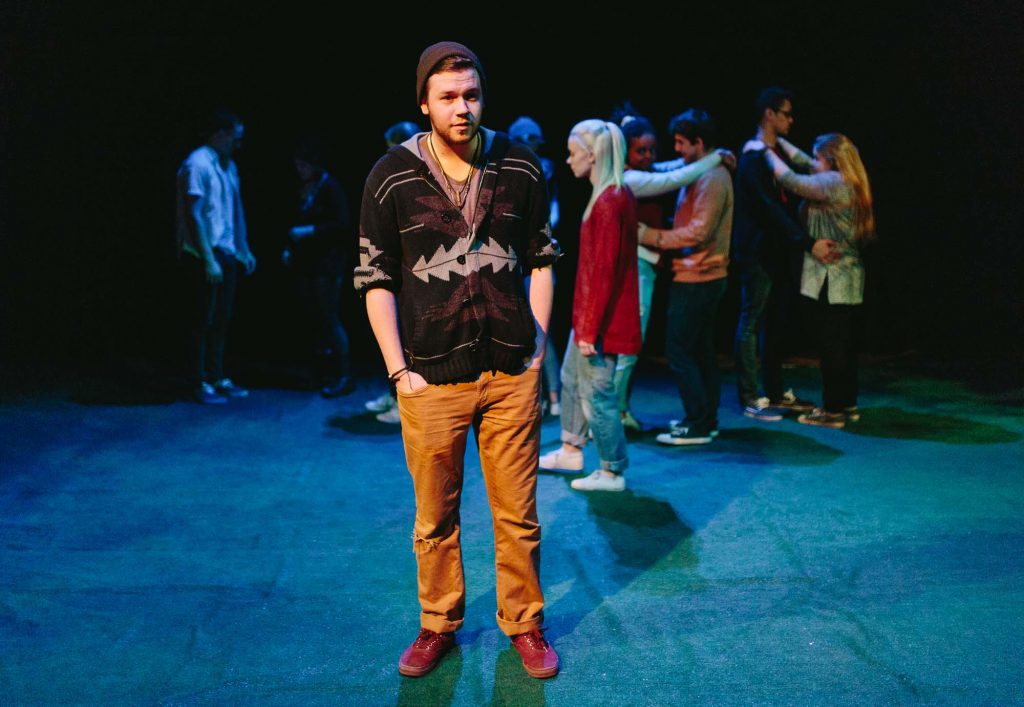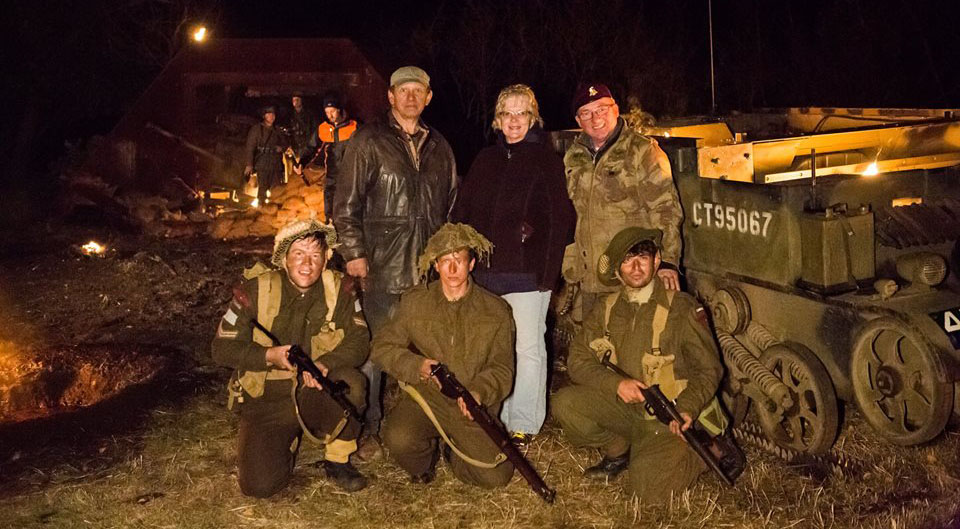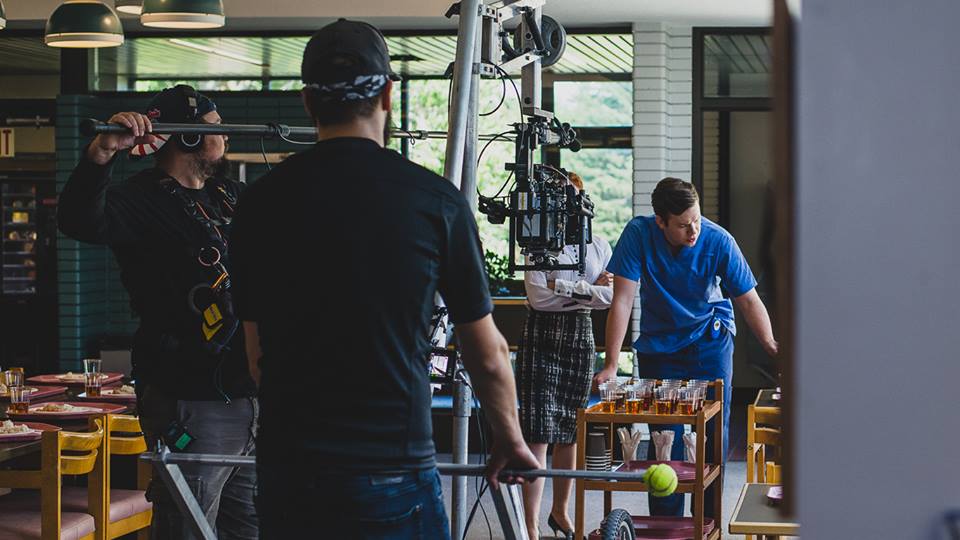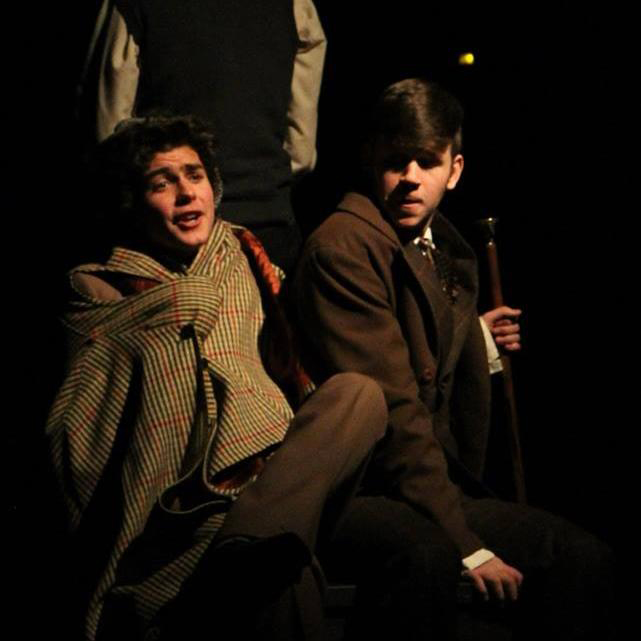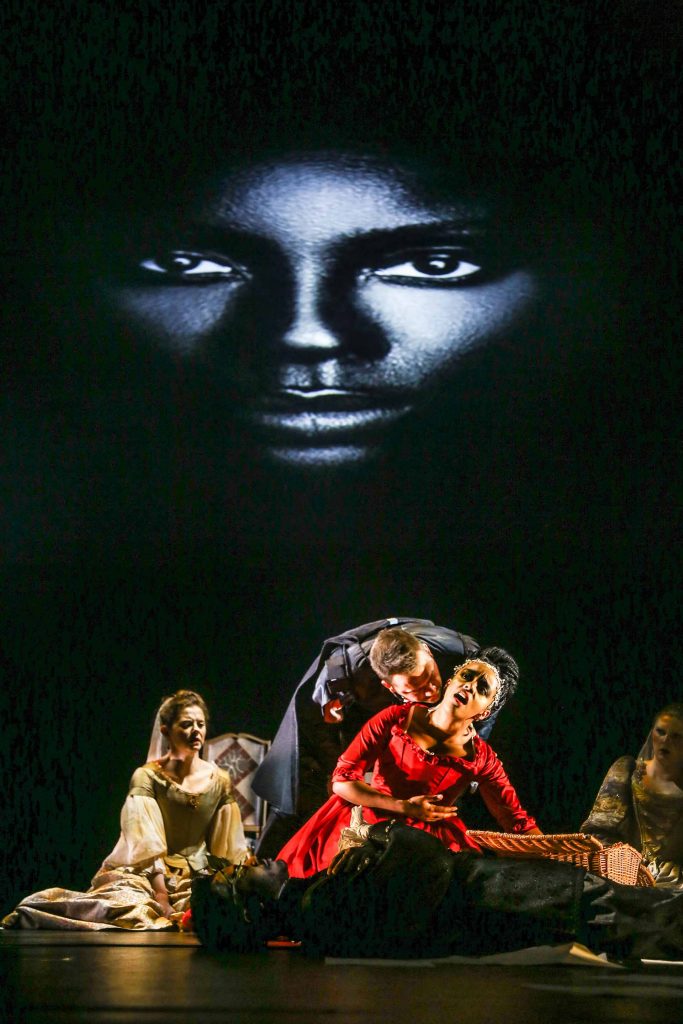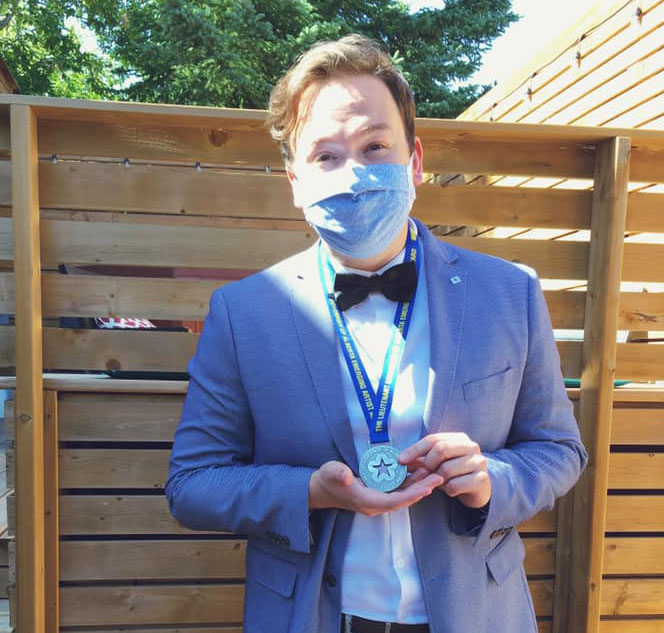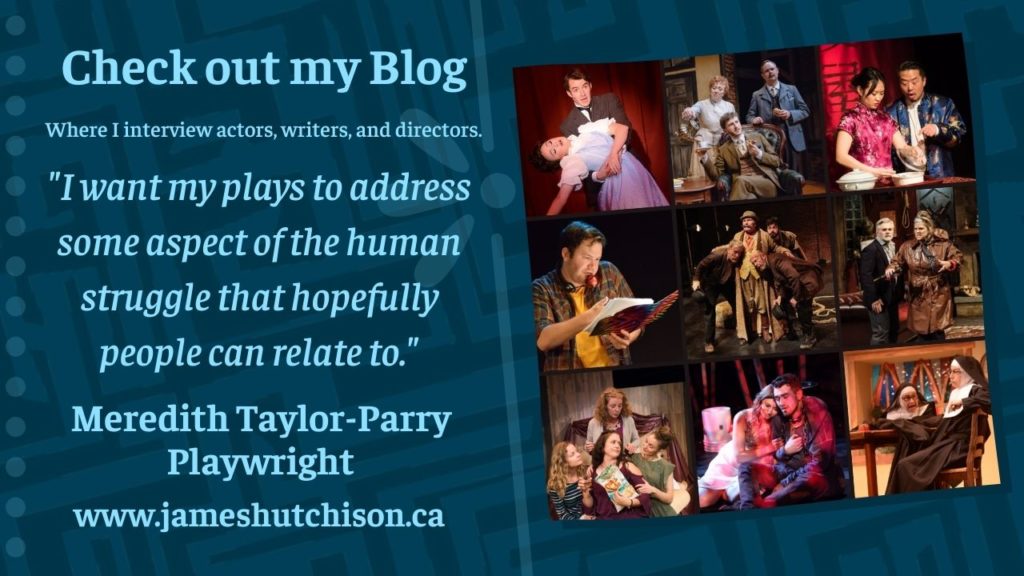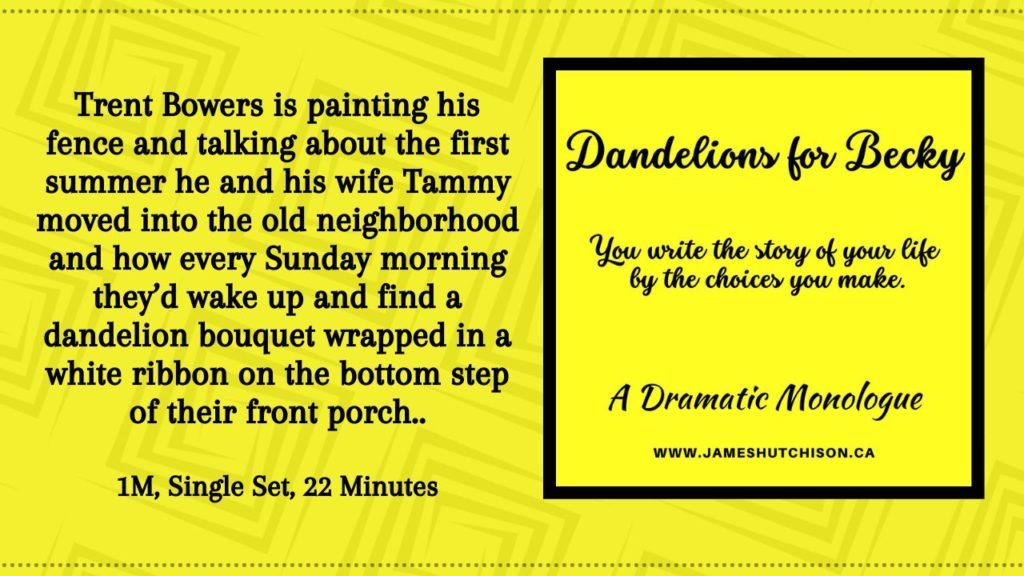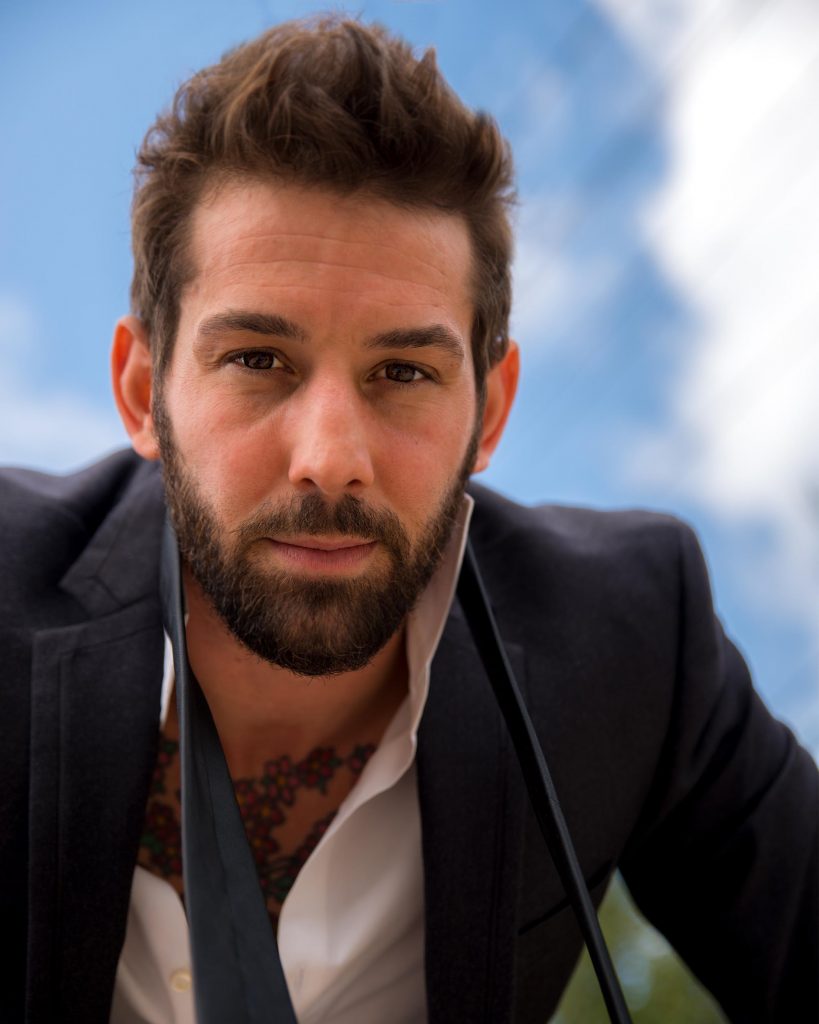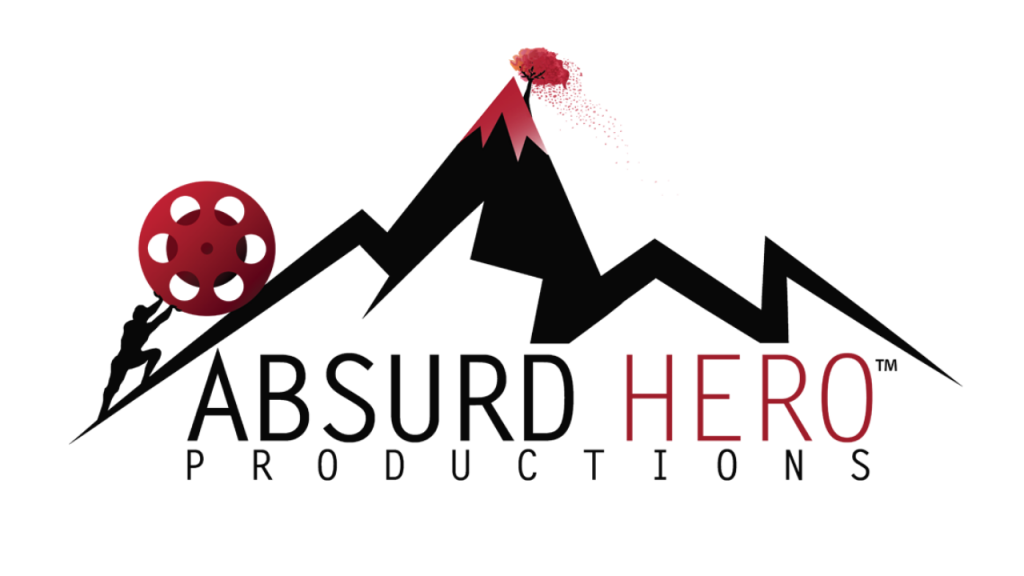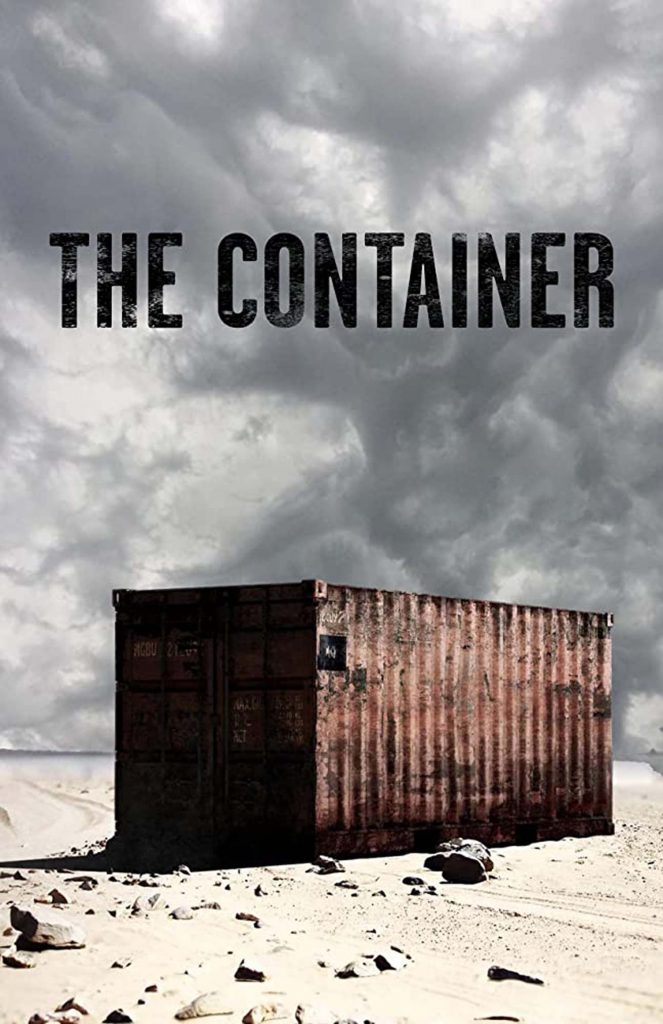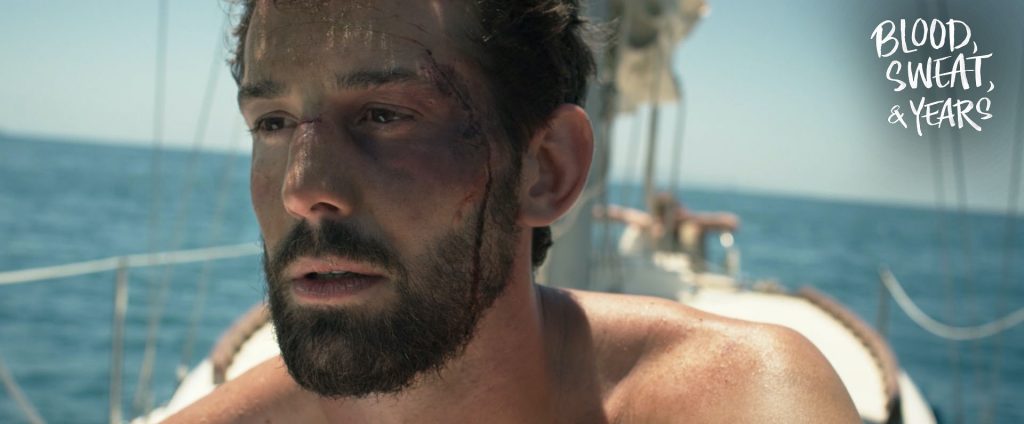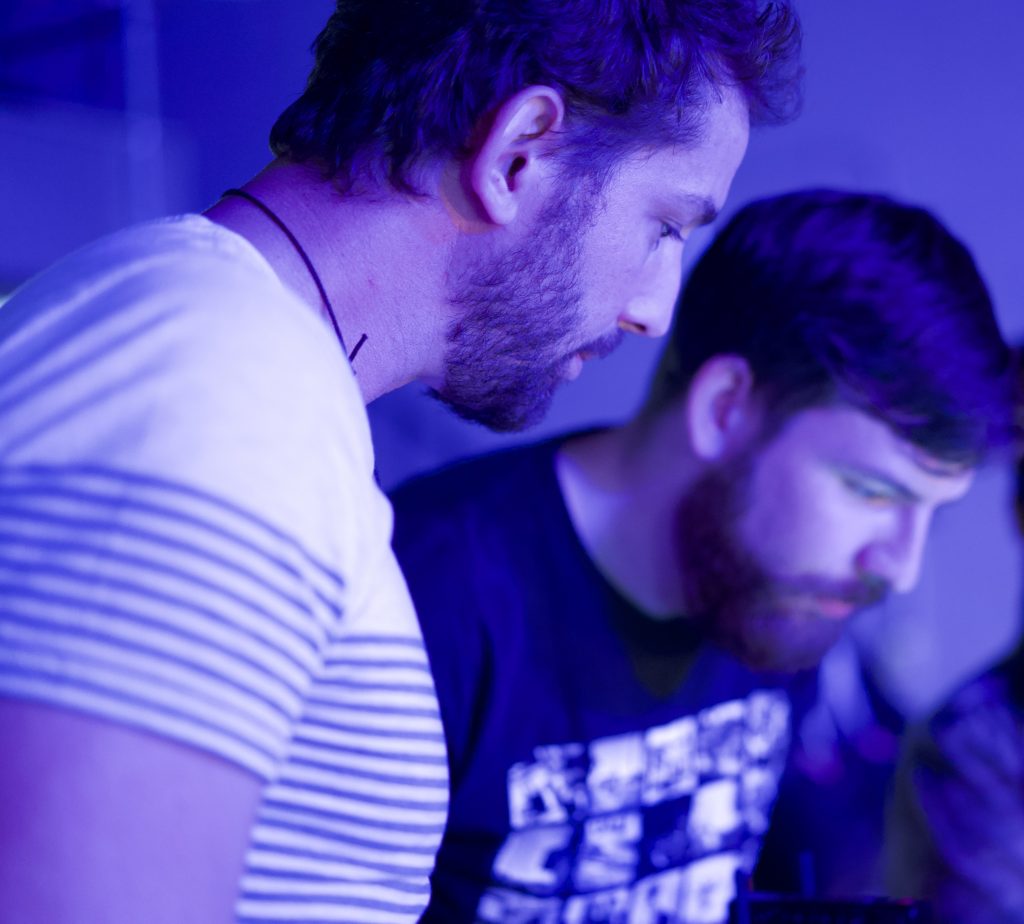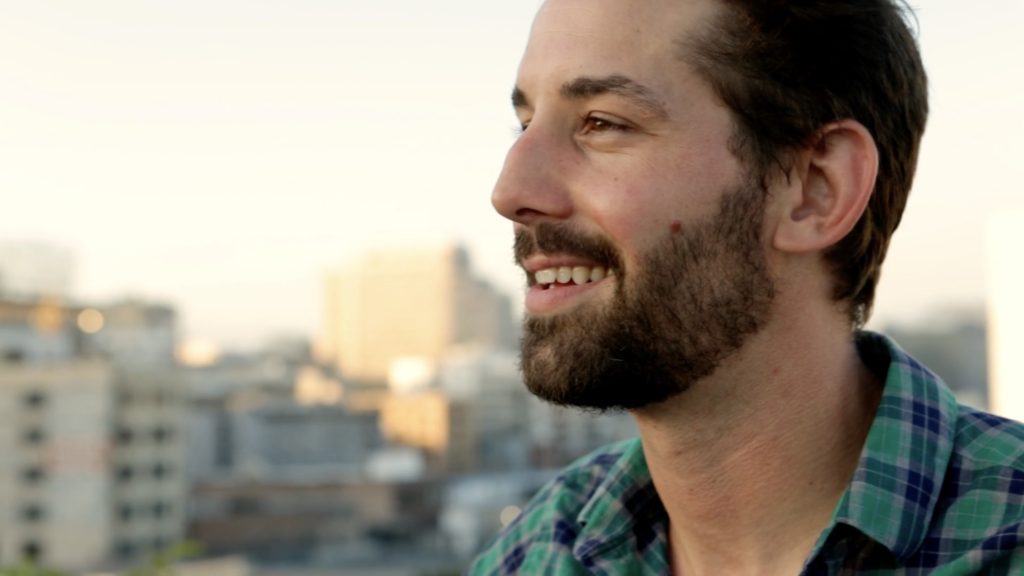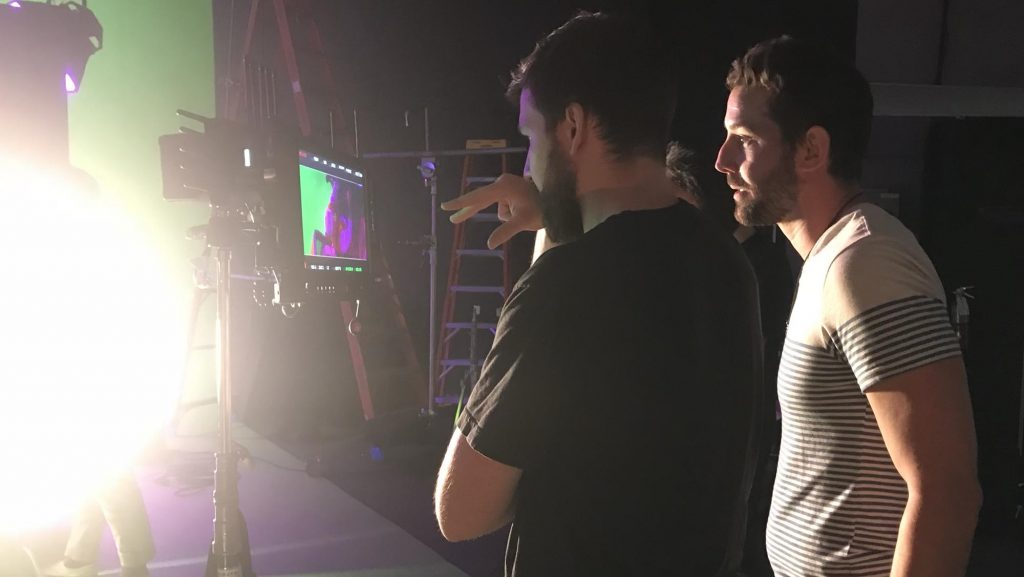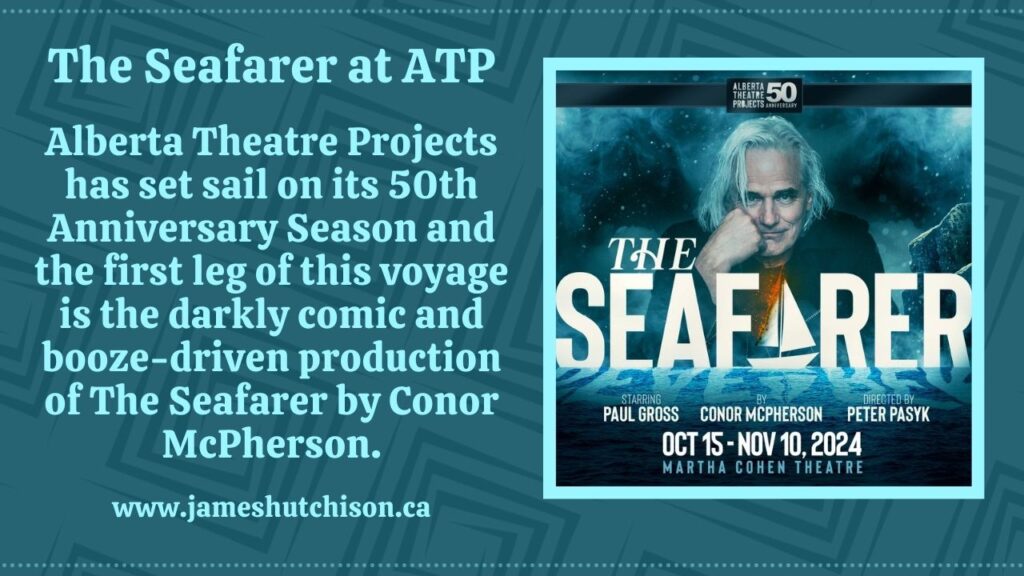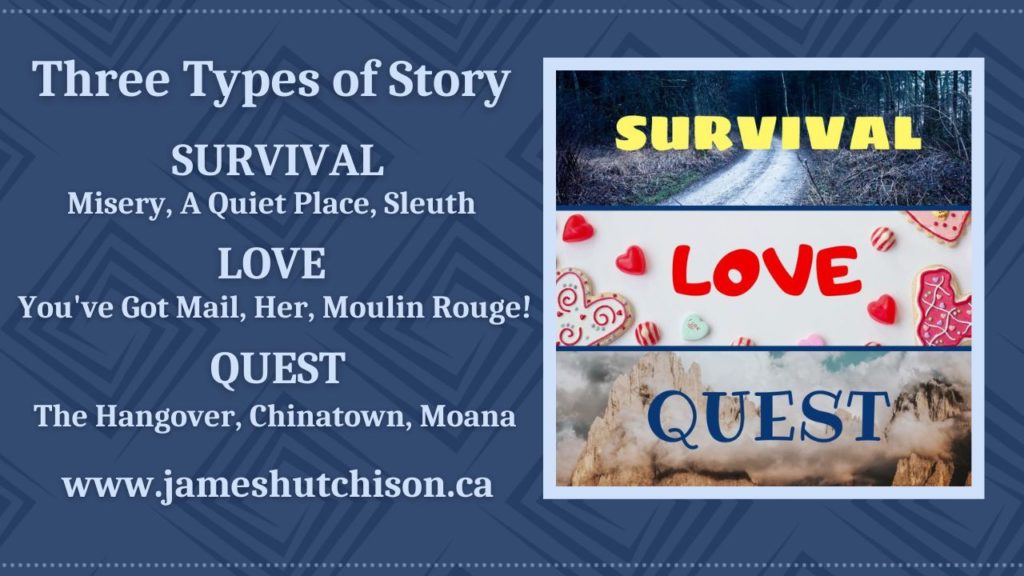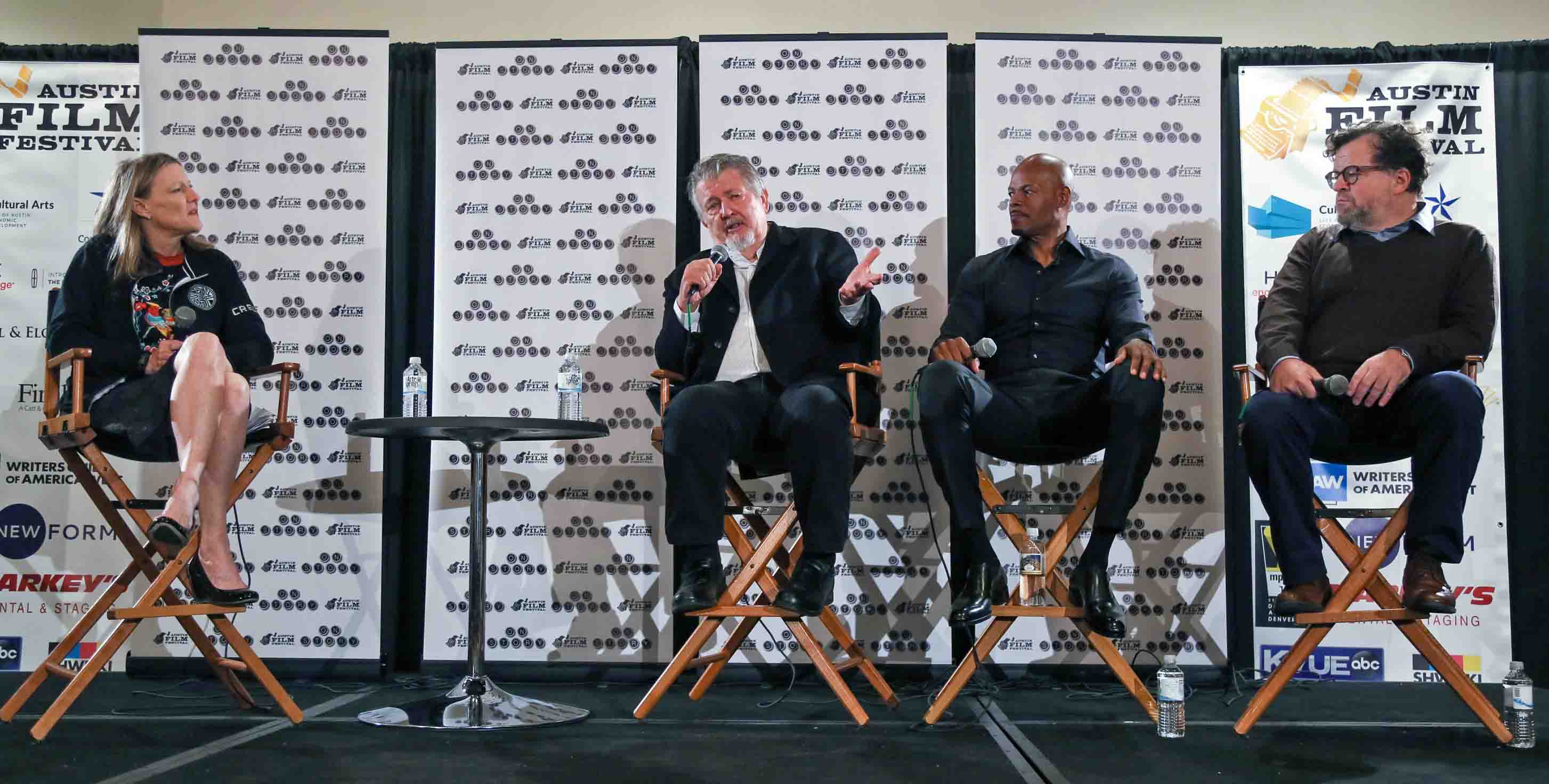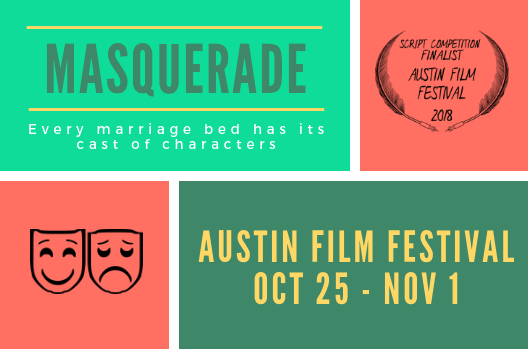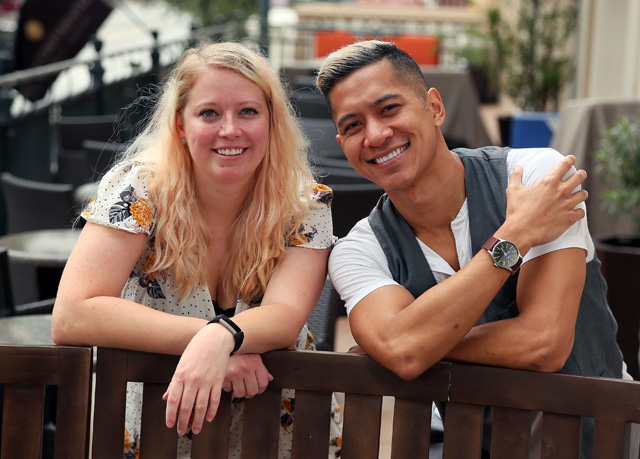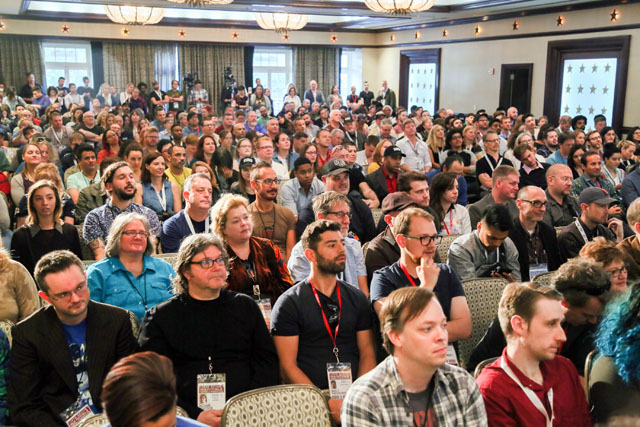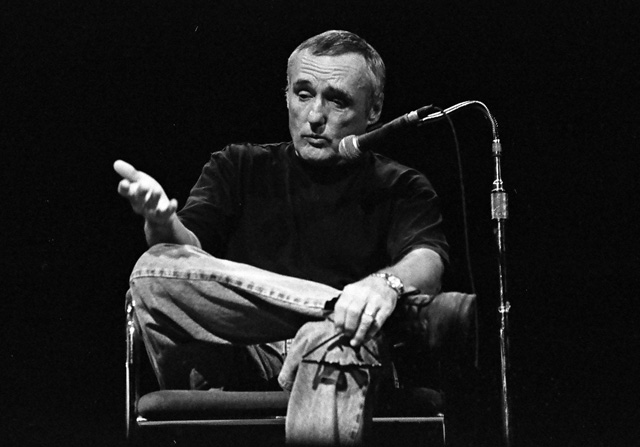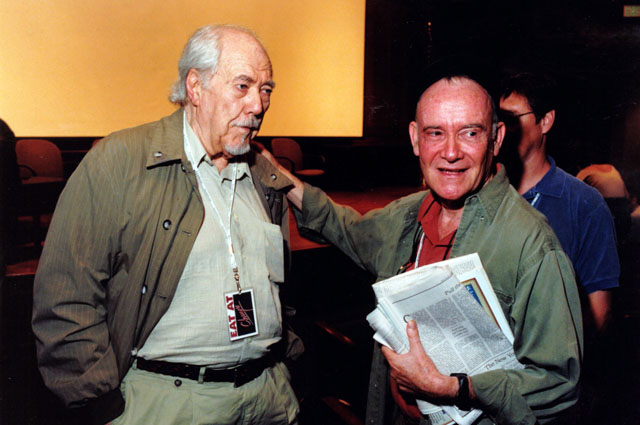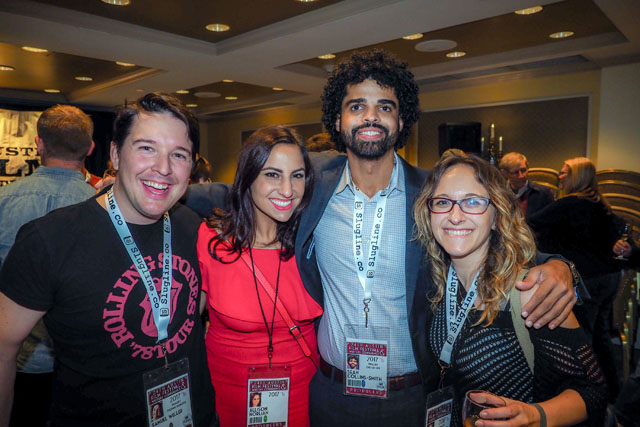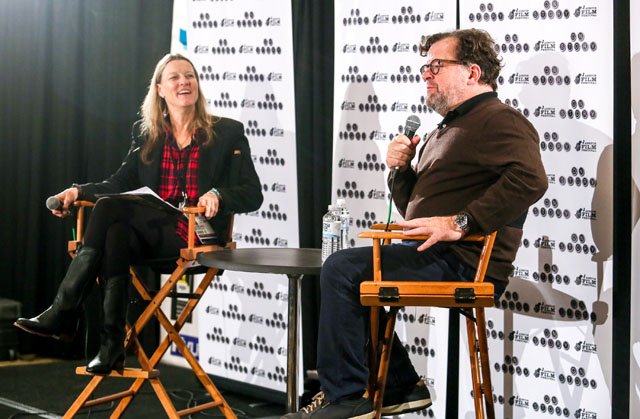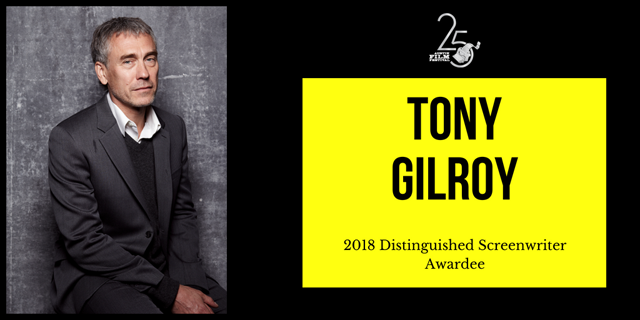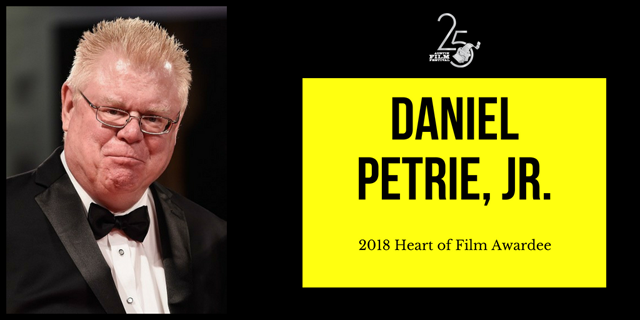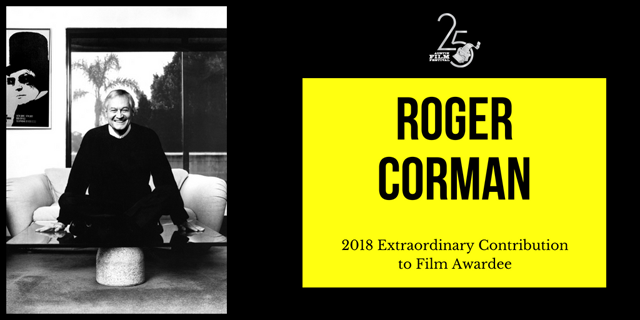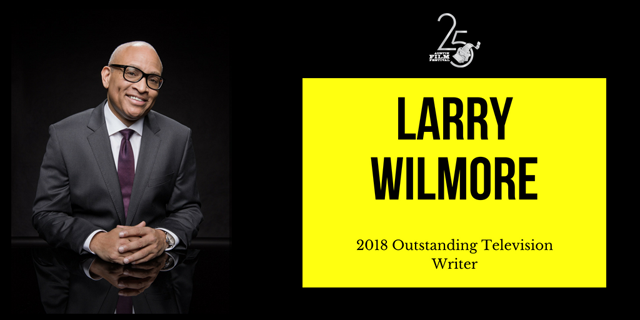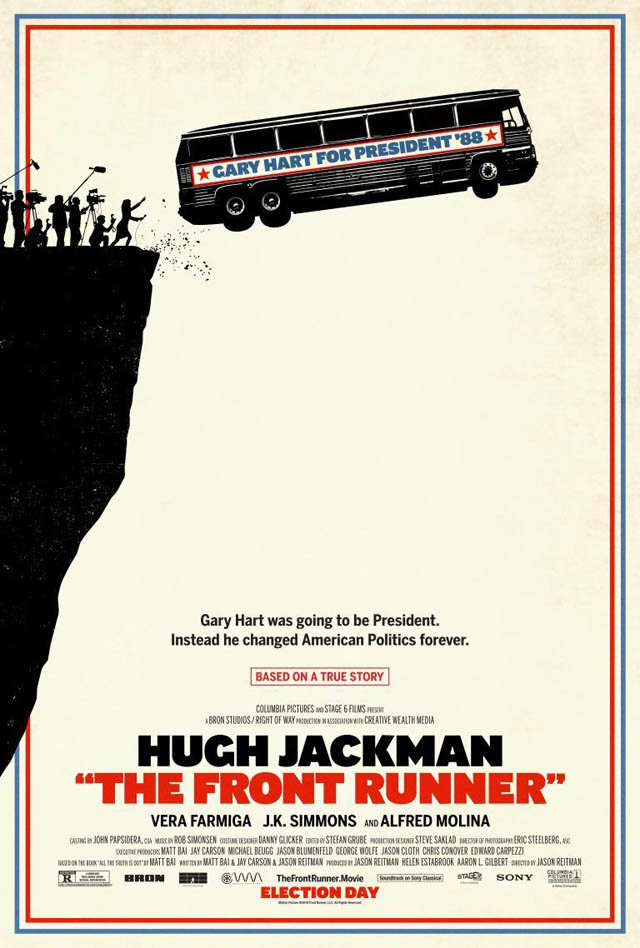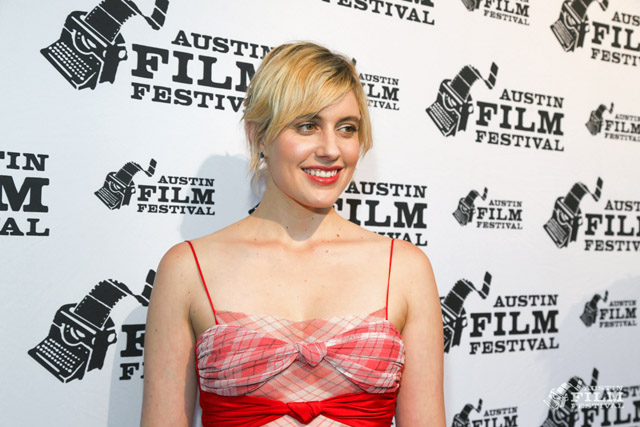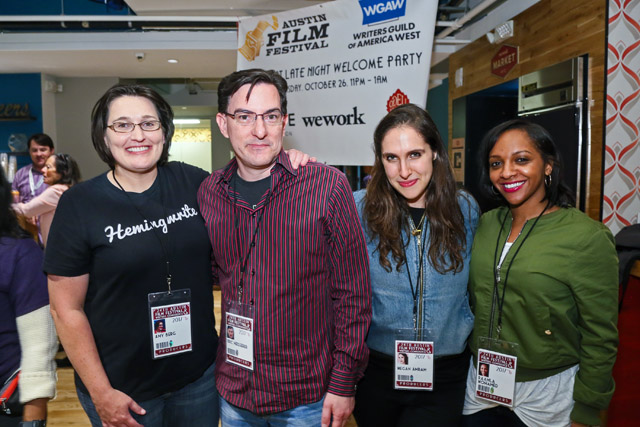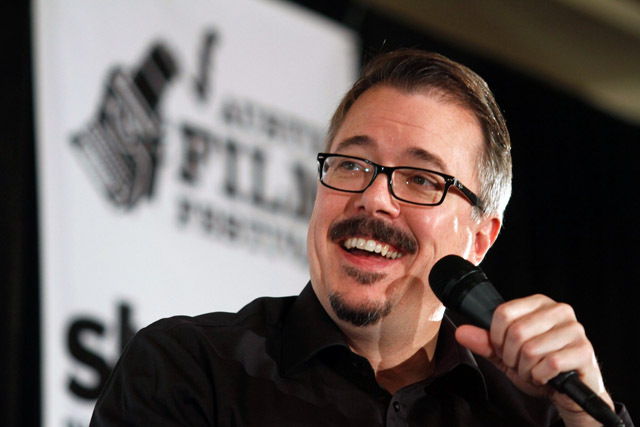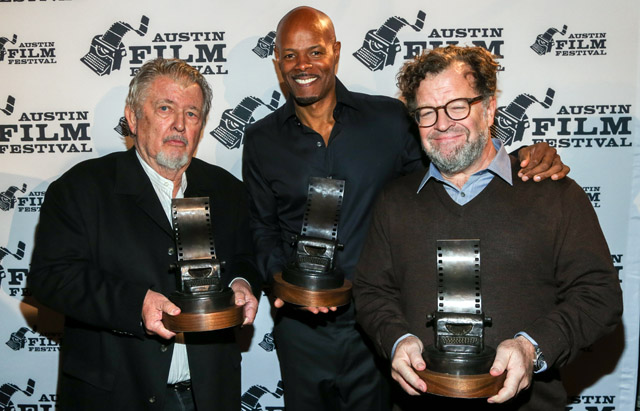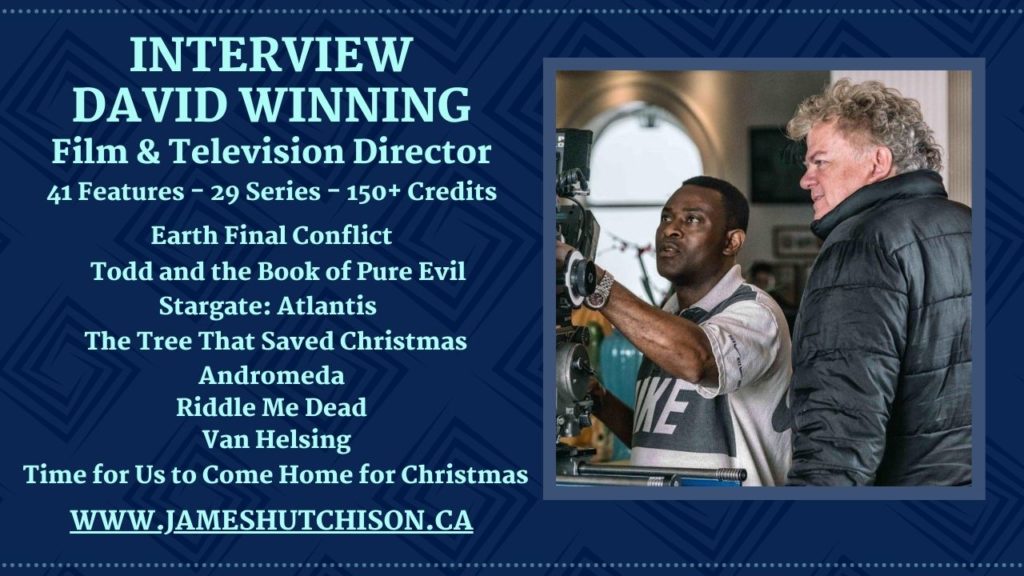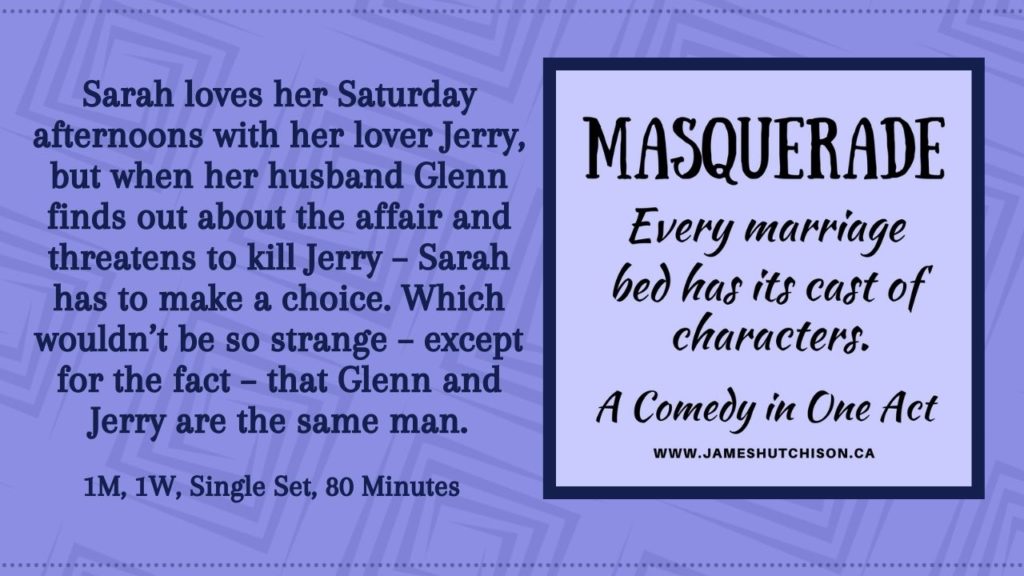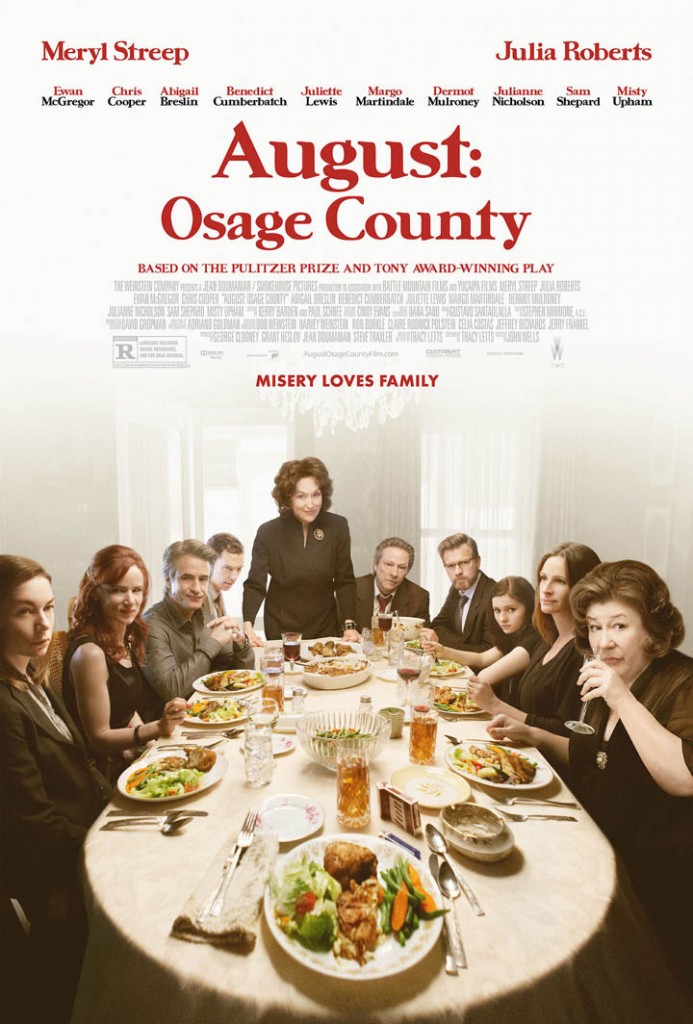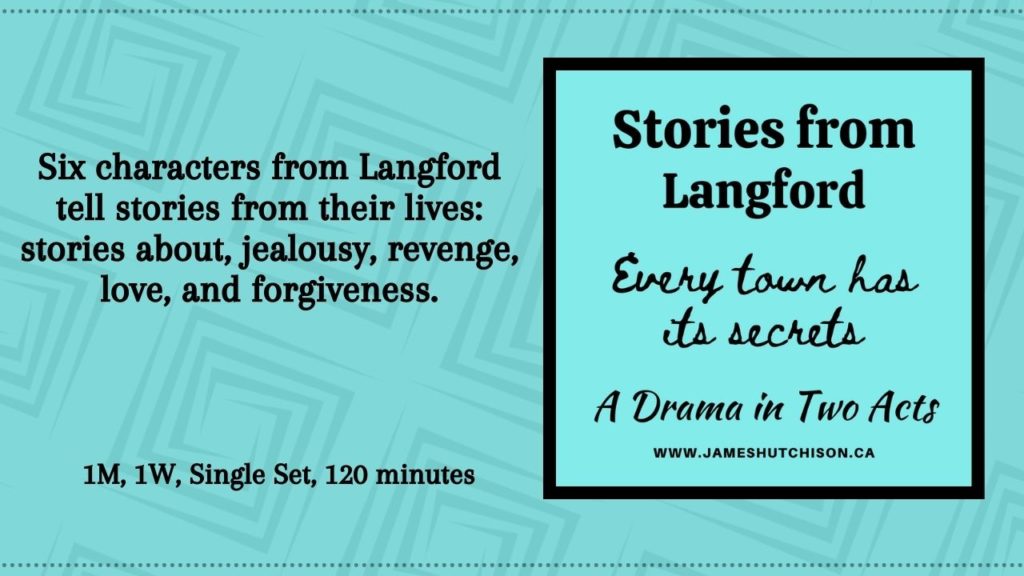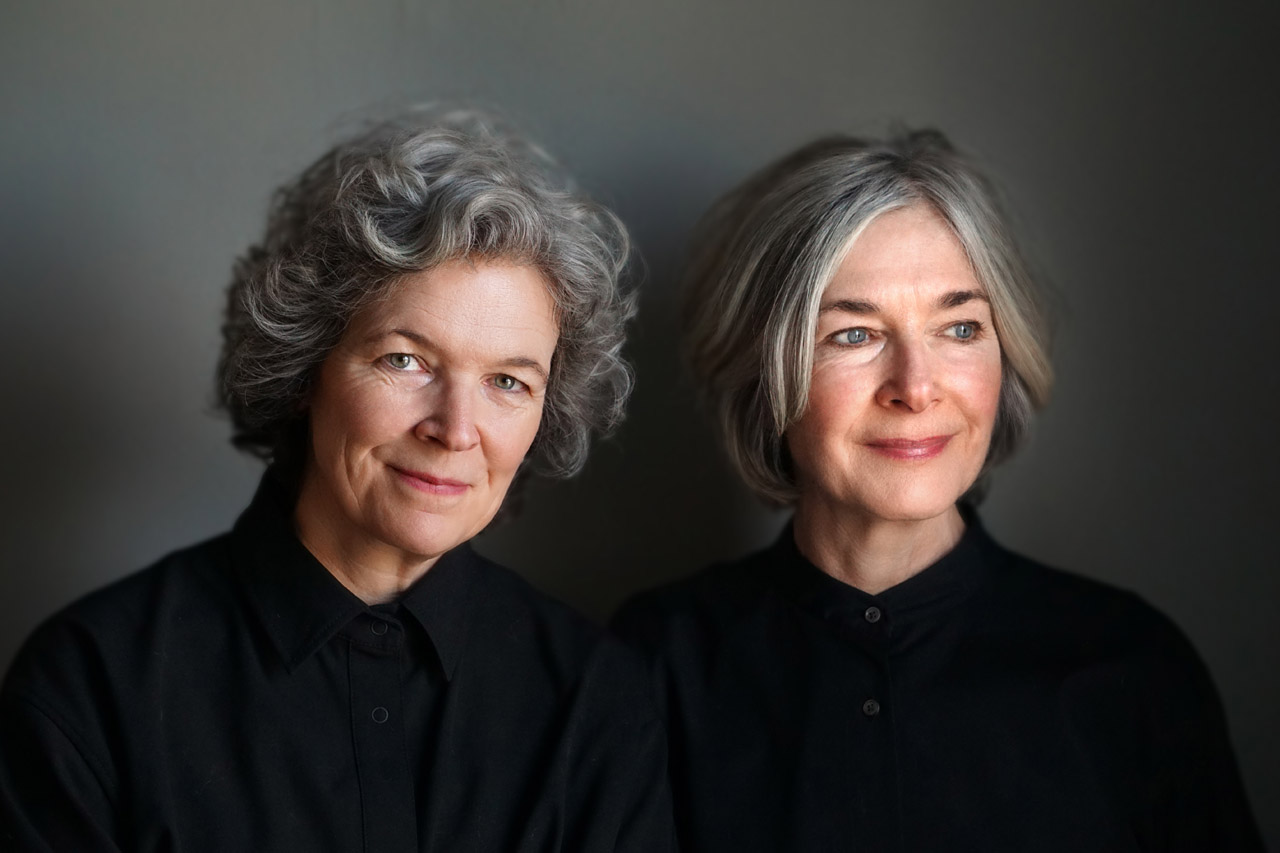
On September 16th, 2023, friends, family, and members of the Alberta arts community gathered in Medicine Hat to celebrate this year’s recipients of The Lieutenant Governor of Alberta Distinguished Artist Awards. This year’s recipients include playwright and theatre artist Mieko Ouchi, film and theatre performer Michelle Thrush and film animators Amanda Forbis & Wendy Tilby.
Chair of the Lieutenant Governor of Alberta Arts Awards Arlene Strom said, “Albertans can be proud of the contributions of these Distinguished Artists who have pushed the boundaries of art to reflect indigenous identity and expression, present a more inclusive and diverse view of Alberta’s history, and highlight the art of film animation in Alberta and worldwide. Each has contributed immeasurably to the development of the province’s artists, arts communities and expanding art disciplines.”
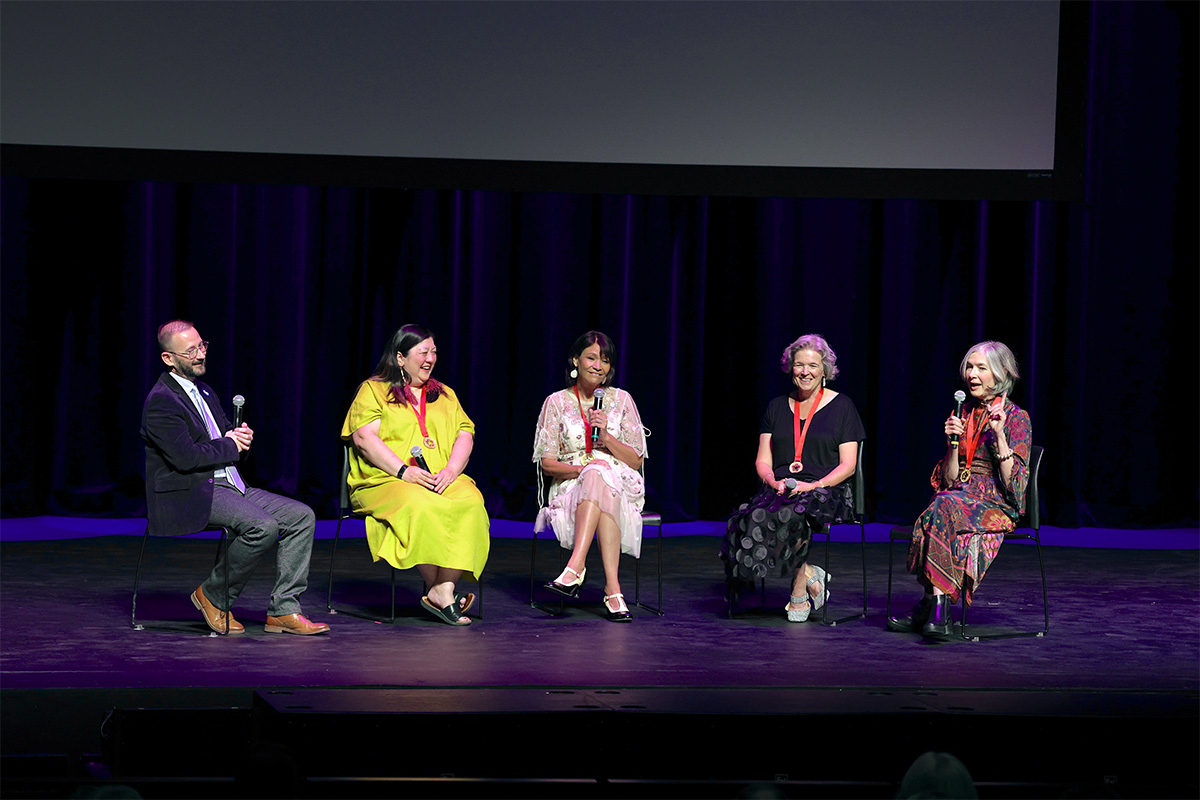
Her Honour, the Honourable Salma Lakhani, Lieutenant Governor of Alberta said, “The women receiving the Distinguished Artist Award this year have offered important contributions to the arts in Canada. We have all been granted the opportunity, through their work, to learn and grow in our understanding of the human condition. Artists such as these are essential to the lifeblood of our communities, and we are truly fortunate to have them as cultural leaders in their respective disciplines, in our province and our country as a whole.”
I contacted Michelle Thrush and Mieko Ouchi to talk with them about their work and creative process. You can read those interviews by following the links above. I also spoke with Wendy Tilby and Amanda Forbis who are celebrated Oscar nominated and award-winning contributors to the art of film animation. Their unique visual style has captured the hearts and imaginations of audiences worldwide in ground-breaking short films that explore themes of human connection, environmentalism, and the fragility of life. In our conversation we talked about how their work has evolved over the years, the relationship between the artist and the audience, and what it means to be recognized for their work by receiving The Lieutenant Governor of Alberta Arts Award.
JAMES HUTCHISON
After thirty-plus years you have created a body of work including the three films you’ve produced together and those are:
When the Day Breaks nominated for an Oscar in 1999 and is a story about a pig living in a large city who witnesses the accidental death of a stranger.
Wild Life which was nominated for an Oscar in 2012 and tells the story about a young remittance man sent from England to Alberta to try ranching in 1909 and who is not in any way prepared for the harsh conditions of prairie life he encounters.
And The Flying Sailor which was up for an Oscar this year and is inspired by the true story of Charles Mayers a sailor who was blown two kilometres through the air and landed naked but alive after the Halifax explosion on December 6, 1917.
So, I’m wondering how have the types of stories and themes you’re interested in evolved over the years. What kind of stories did you tell when you began your careers and what type of stories are you telling now, and do you see any sort of path from that early work to the work you’re doing now?
WENDY TILBY
Well, it’s funny, having completed our third film together we’re only now realizing that they’re really all the same. They have similar themes. Preoccupations. When we’re coming up with an idea we’re not thinking, “Oh, yes – let’s do something along the same lines of the previous one.” In fact, we actually specifically don’t do that. But we have noted, and other people point out, that there is a kind of a common thread that I suppose could be described as connectedness. That’s one theme that keeps emerging. And we do seem to touch on death a lot. We’re not obsessed with death, but death is an element of each of the three films and it seems to be a way to talk about life, or aspects of life. If you look at When the Day Breaks, Wildlife, and The Flying Sailor that idea has just become a little more distilled over the years.
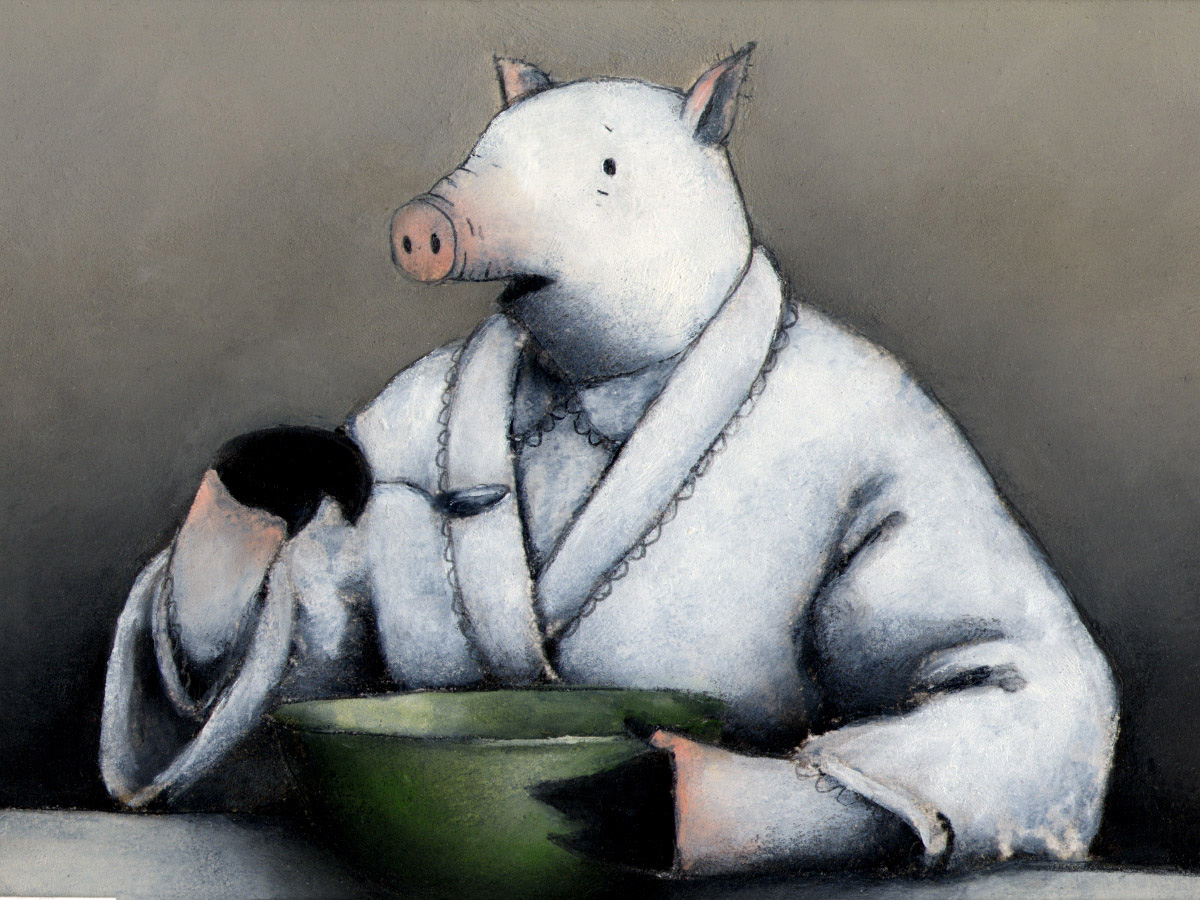
AMANDA FORBIS
I think death is a part of every one of them. In The Day Breaks it was primarily about the unseen and often unappreciated ways in which we’re connected to others. In Wild Life it was more about what happens when that connection is severed. And in The Flying Sailor he seems to me to be going solo. He may be reviewing his life and reviewing his connections but he’s on his own and I’m reminded of the line, “You’re born alone, you live alone, and you die alone.” It’s a very bleak statement but we hope that The Sailor isn’t as bleak as that.
WENDY
The explosion and the near-death experience of the sailor is a way for us to explore, in a nutshell, who he was – which is what often happens in near-death experiences. There is a review of life that many people have written about and so we wanted to get at that question – what is life? Is it our physical selves? We’re made up of bones and cells and vessels, but really what our lives are is a collection of experiences and connections and relationships and memories, all encapsulated in this bag of flesh.
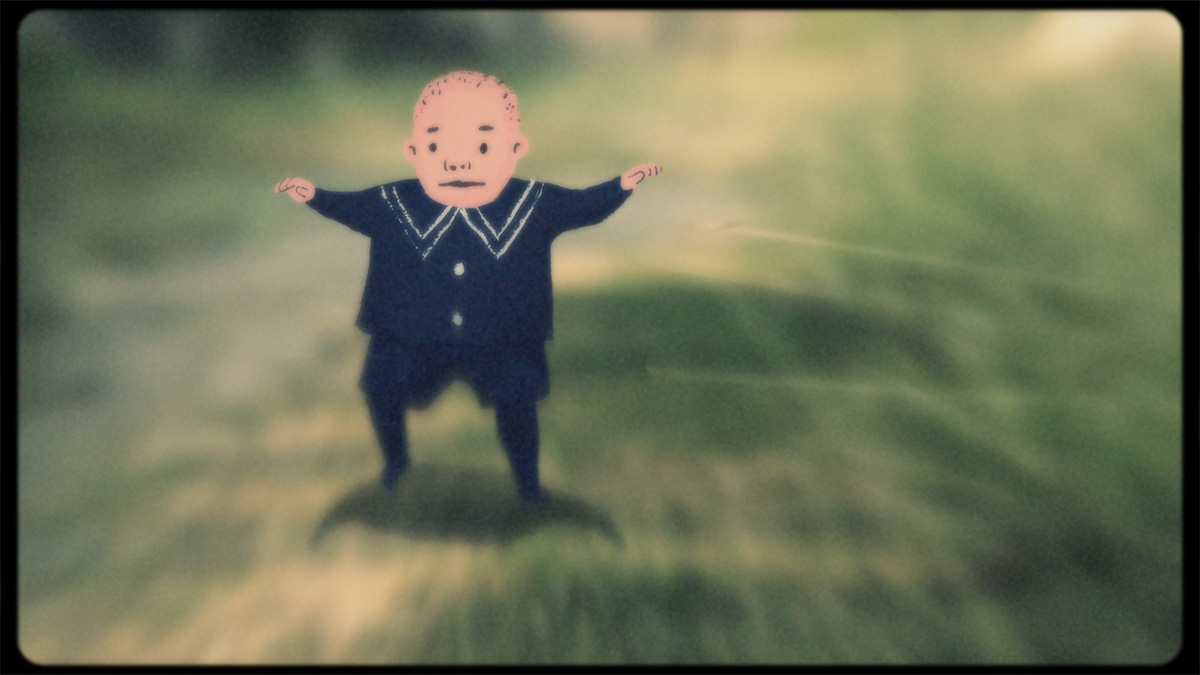
JAMES
You’re talking about connections and earlier today I was thinking about how social media has changed the way we connect to the world just as an individual experience. Have you been pondering social media and these connections between people and has that interested you in any way as something you want to explore in your work?
AMANDA
It certainly interests us on a personal level and on how you navigate it because it changes all the ground rules. I’ll just speak for myself. I sometimes say extremely rude things about other drivers from the safety of my own car, and what social media does is it provides us all with our own cars and everybody feels free to say horrible things to other people.
WENDY
Yes, the trolls come out.
AMANDA
But on the other hand, it is a fantastic connection tool. Even at my darkest moments on Facebook I still like seeing my cousin Barbara on her recumbent cycling trips in Oregon. And so just like every single human endeavour it’s a huge mixed bag. But as to whether that will filter its way into our work remains to be seen.
WENDY
Obviously, we contemplate it in a way that everybody does. We marvel at it and how we are able to connect with people virtually. In our film When the Day Breaks – which was made in the late 90s – connectedness is illustrated by way of the plumbing and wires, the telephone and subway – the vessels that literally connect us in cities. That all looks very quaint now.
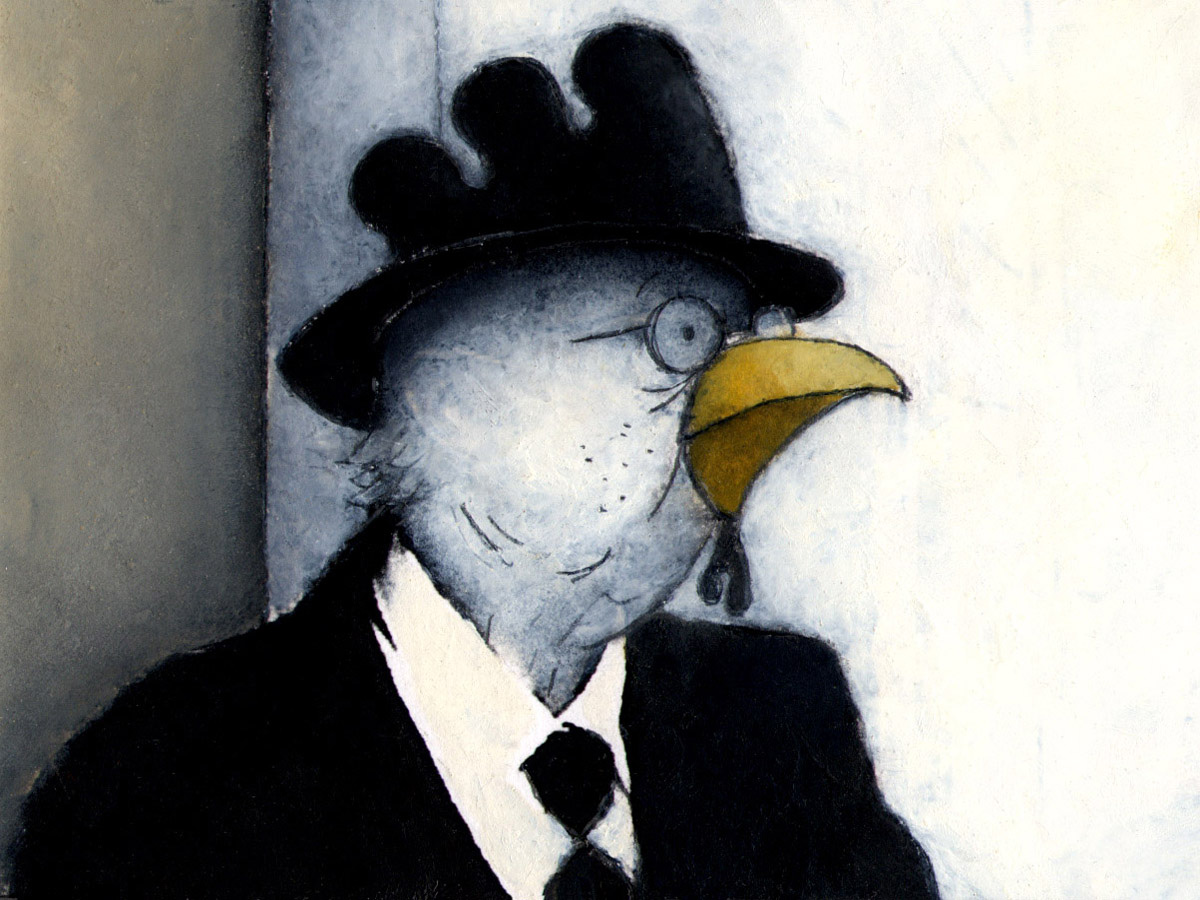
AMANDA
I never thought of that but it’s true. It looks totally quaint.
WENDY
How much has changed in a couple of decades is remarkable.
JAMES
I think about the telephone a lot because I remember the family phone. And so the family phone was in the kitchen, and people would call the family. So, I would end up talking to my aunts and my parent’s friends, and when my friends would call my parents would end up talking to my friends. It was more of a community and you touched base with many different people involved with the family because it was a family phone. And that has gone away. Now we have our individual phones and I’ve lost all those unexpected connections to people that just don’t happen anymore.
WENDY
We even had a party line for a while.
AMANDA
Yeah, a party line. That’s a connection you don’t want. It is weird how we’re simultaneously much more disconnected to people and much more connected to them.
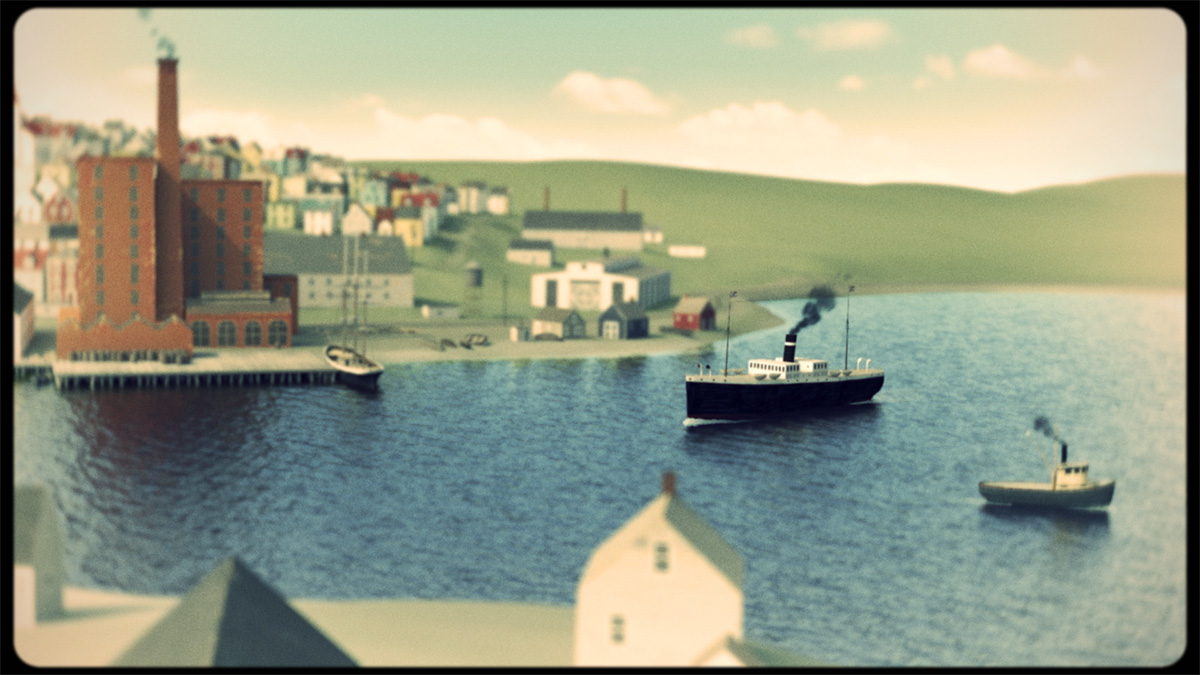
JAMES
My next question was about how people access your work now. We have YouTube we have Vimeo we have all these ways for me to access stuff through the internet on my desktop on my home TV. Not that long ago about the only way to see your work was if they ran it before a movie or you sought out the NFB library. Do you think that connection has changed the relationship between the filmmaker, the product, and the audience?
AMANDA
Well, yes. Short NFB films used to seem more precious. Now content feels really disposable. How much do they upload on YouTube every day — it’s astonishing. When we started out you could work in the short-animated film area and if you made a good film it would have a shelf life of at least forty years, and it would be in the pantheon of NFB films, and I’m not even sure that pantheon really exists anymore. So that’s one way in which it’s changed.
And people used to ask, “How do we see your work?” And we’d say, “You can go to the library or you can go to the NFB library or if you’re really lucky you might be able to see it at a theatre or on TV.” And so, it’s really lovely to be able to just direct people straight to your work. And also to have our film, The Flying Sailor, on The New Yorker site brought us a massive audience we hadn’t had before.
So, there are tremendous advantages like that, but then there’s the horrible prospect of people watching the film on their phone. I don’t think there’s any filmmaker that likes to see that happen. A couple of times we’ve had people say. “Oh yeah, I watched it on my phone.” And they don’t say much about it – and then if they happen to see it in a big theatre they’re much more profoundly affected. It’s a totally different experience.
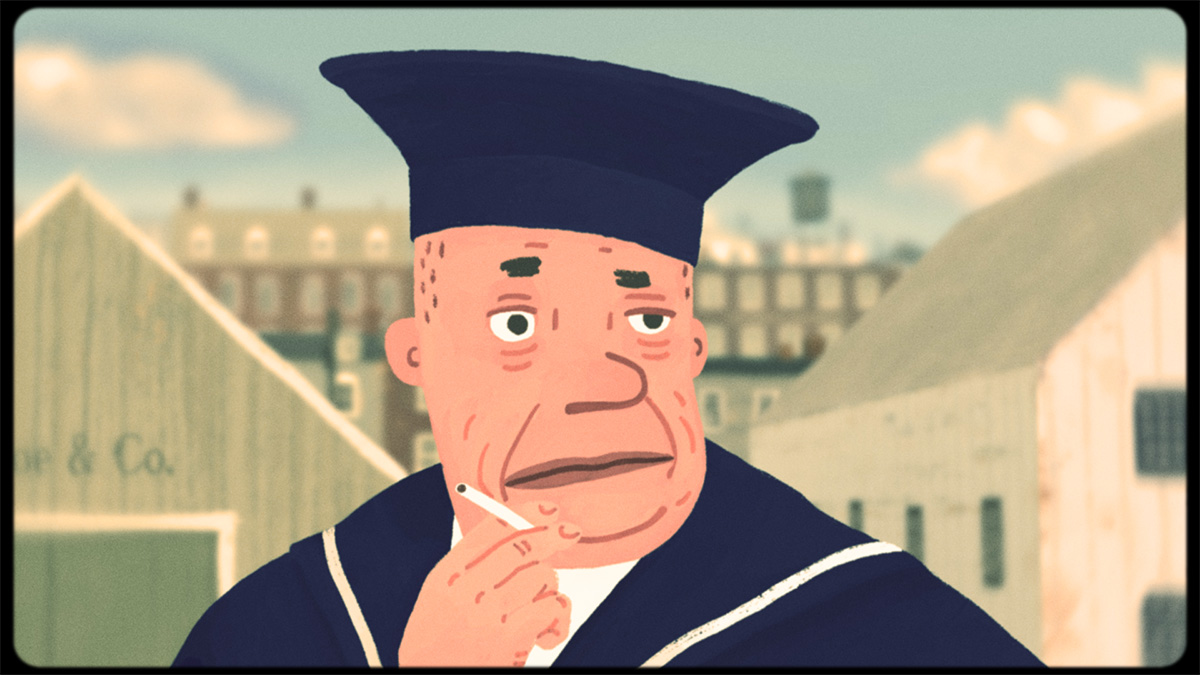
WENDY
And we really struggled with that, particularly with The Flying Sailor, because the sound was mixed in a new technology called Atmos, which is a souped-up Dolby with a lot of speakers. We’re not really fans of a lot of the gimmicks with sound but in this case when you experienced the film in a theatre with Atmos in just the right circumstances, it was fantastic. You felt the sound of the explosion viscerally and not in a gimmicky way. We’ve had to accept that very few people are going to see it that way.
JAMES
So, in theatre ten-minute plays are very popular. And I think ten minutes as a platform lets you break some conventions and look at stories in different ways and I’m wondering in what ways do you think the short film format allows you to explore things differently – to look at different subjects – and topics and to examine story.
WENDY
I think the length is appealing to us as animators because of the way we work. We’re like a little cottage industry. We like to do everything ourselves and there’s a handcrafted quality to what we do. The more people you get involved the more diluted that process is and it’s hard to find ten people to paint the way we paint or to draw the way we draw. And if more people are involved it becomes an assembly line. Animation, no matter how you do it, is onerous – it’s tedious – and it’s going to require a lot of hands the longer it gets. So, feature length animation always looks a little watered down in terms of the technique.
AMANDA
Well not always. It depends on who’s doing it.
WENDY
Well, they’re less idiosyncratic because it’s an assembly line. And also the budgets are such that to get the money needed to make a feature it has to be a money-maker. And what we do at the Film Board is not reliant on it making money. We’re making films as art and there’s no expectation it’s going to turn a profit. And so as a filmmaker and as an artist that’s a…
AMANDA
…gift…
WENDY
… and greatly appealing. So, nobody’s going to be after us about it being popular in that sense. And we like the concision. It’s like a poem or a short story. Everything we put in there is in there is there for a reason because it’s so much work. We wouldn’t put it in there if it wasn’t furthering our story. We’re striving to convey character in as few strokes as possible and that’s challenging and that’s interesting to us.
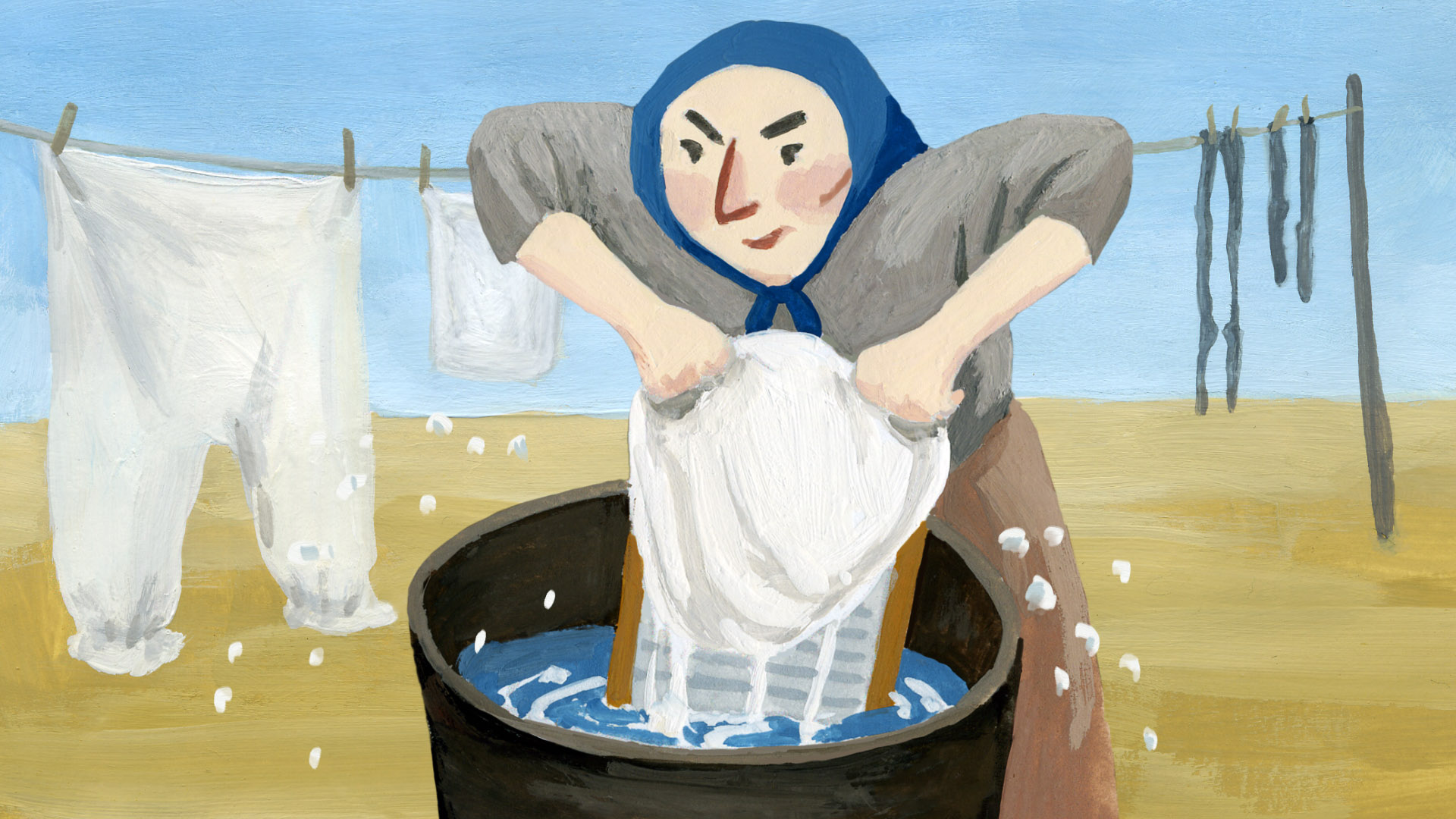
AMANDA
You come up with an idea for a shot and it has to convey a number of things. You’re trying to pack as much into every shot as you can and then you tweak it so it goes in a slightly different direction and it says more. And then you throw it out. Then you put it back in again. It’s a bit of a puzzle. A creative puzzle. And it’s a lot of fun and that’s something that I don’t think the long form does in the same way.
And as you say it frees you up from conventional dramatic structure. You don’t necessarily have to have a dramatic arc and a climax three-quarters of the way through and then have the character be changed and be a new person at the end of the story. You don’t have to follow those conventional structures because you’re not holding the audience that long, so we’re big fans of the short structure.
WENDY
Short animation is also is also a very rich form of expression. If you go to an animation festival and you see an evening of animation with one film after another it’s almost too much. It’s like too many candies at once because each one is so rich.
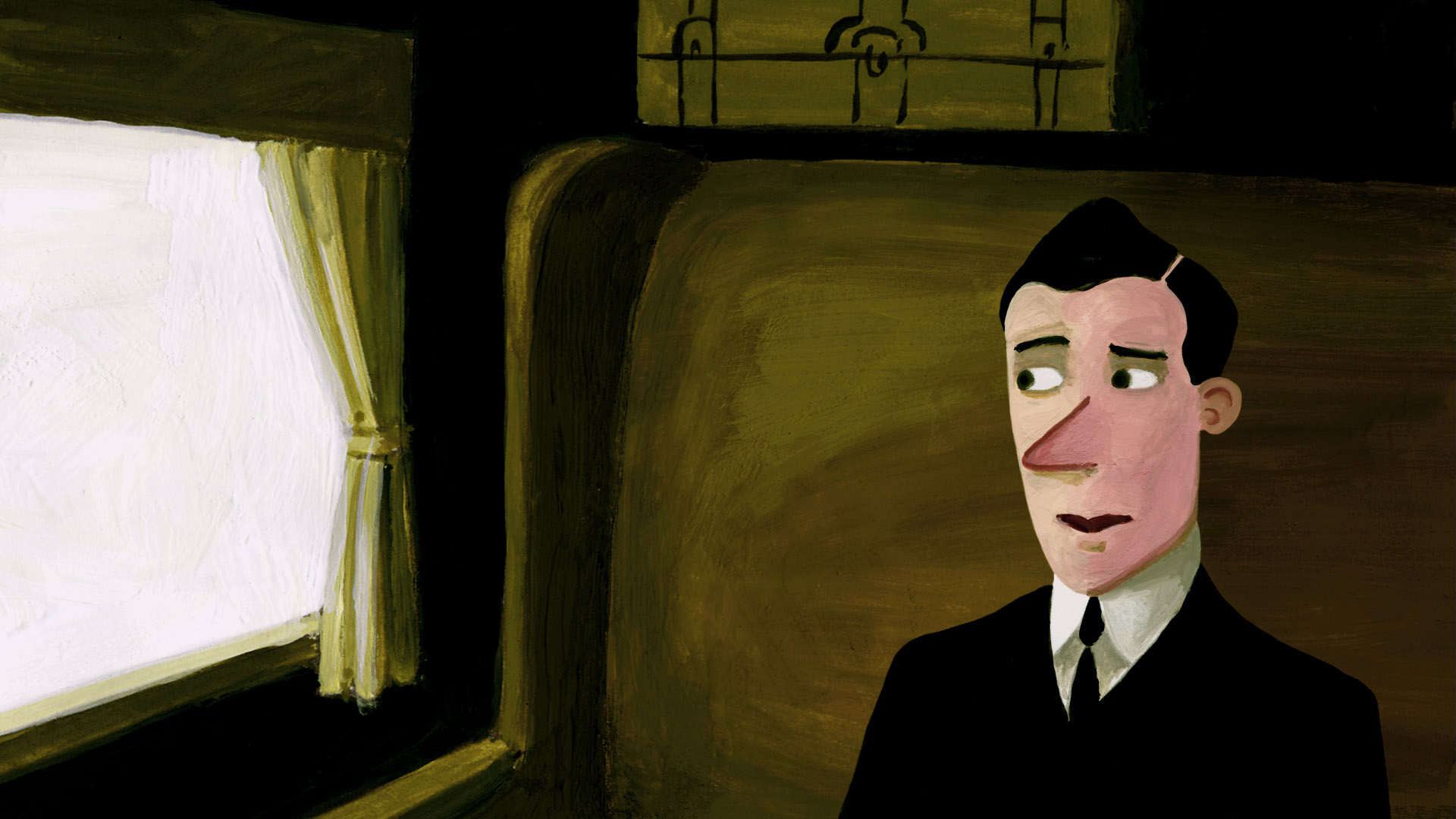
JAMES
I’m curious about your thoughts right now in regard to artificial intelligence. We’re just on the cusp of something changing and I’m not looking for any definite answers. But in the six months, it’s just been in the conversation. There are good things and bad things about it just like you mentioned before with social media. What are some of your general thoughts about AI and how do you feel it’s going to influence your work and the future of creation?
WENDY
A friend of ours, Jay Ingram, just published a book called The Future of Us. He was writing about AI just as ChatGPT was coming out – along with other major developments – and he kept having to update it. It was frustrating because even by the publication date the landscape was still changing. And so, it’s one of those things that’s almost impossible to talk about because the ground is shifting beneath our feet.
In our field people are nervous about it. And I think it’s actually more nerve-wracking when you think about it in the context of news and people imitating other people’s likeness or voice. And we work in advertising too and that’s a whole other ball game. I think in advertising it’s going to put a lot of people out of work, particularly in storyboarding or visualizing.
It’s actually a helpful tool because you can ask it to visualize a scene in three dimensions which is helpful for storyboarding and blocking the action. Whether it will replace what we’re doing remains to be seen, but what we’re doing is so specifically aimed at something that’s not AI that I hope that distinction will continue to be appreciated. But I don’t know. It is a little bit frightening and intriguing at the same time.
AMANDA
I think one of the things that bothers me is that since 1830 or whatever we’ve been looking at the extinction of craft. People who craft. Craftsmen. And what Wendy was saying is the people who storyboard and who do previsualization – these people who are deeply committed to that part of filmmaking – they’re out of a job. And that’s regrettable because humans are built to craft, and craftspeople always bring a depth to what they’re doing that cannot be imitated – in the same way that a handmade box is a completely different thing than a box that’s slammed together in a factory.
And then if you consider that we don’t even really understand how AI learns at this point and how it’s producing what it does we can’t really know where it’s going to end or if it’s going to end. And that’s pretty alarming.
So, the thing I have to lean on as an artist and I’m talking about the realm of really great art – that I’m not going to lay claim to – but a really great piece of art takes you somewhere that you didn’t see coming, or makes a point to you that you understand but it comes from way back in the depths of your brain and you recognize the truth of it. I would like to believe that’s beyond AI.
So, I trotted that thought out to our friend Jay and Jay said, “Oh, bullshit.” (laughs) He said, “It’ll get there.” And then I thought, “Well he’s not an artist. I don’t know if he necessarily feels that in the same way as I do.”
WENDY
Well, it brings up so many bigger questions about consciousness and what it is to be human and the big question of whether or not machines will ever get there. We’ve played a little bit with Midjourney and it’s a program where you can tell it to give you an image of a man running down a hallway…
AMANDA
…in the style of Picasso…
WENDY
…carrying a briefcase and see what comes up. And it’s very good at ultra-realism and it’s astonishing really what it does but it’s quite boring. A lot of people would be seduced by it and enraptured by the images that it gives you. We didn’t really like them but we were impressed by it that’s for sure.
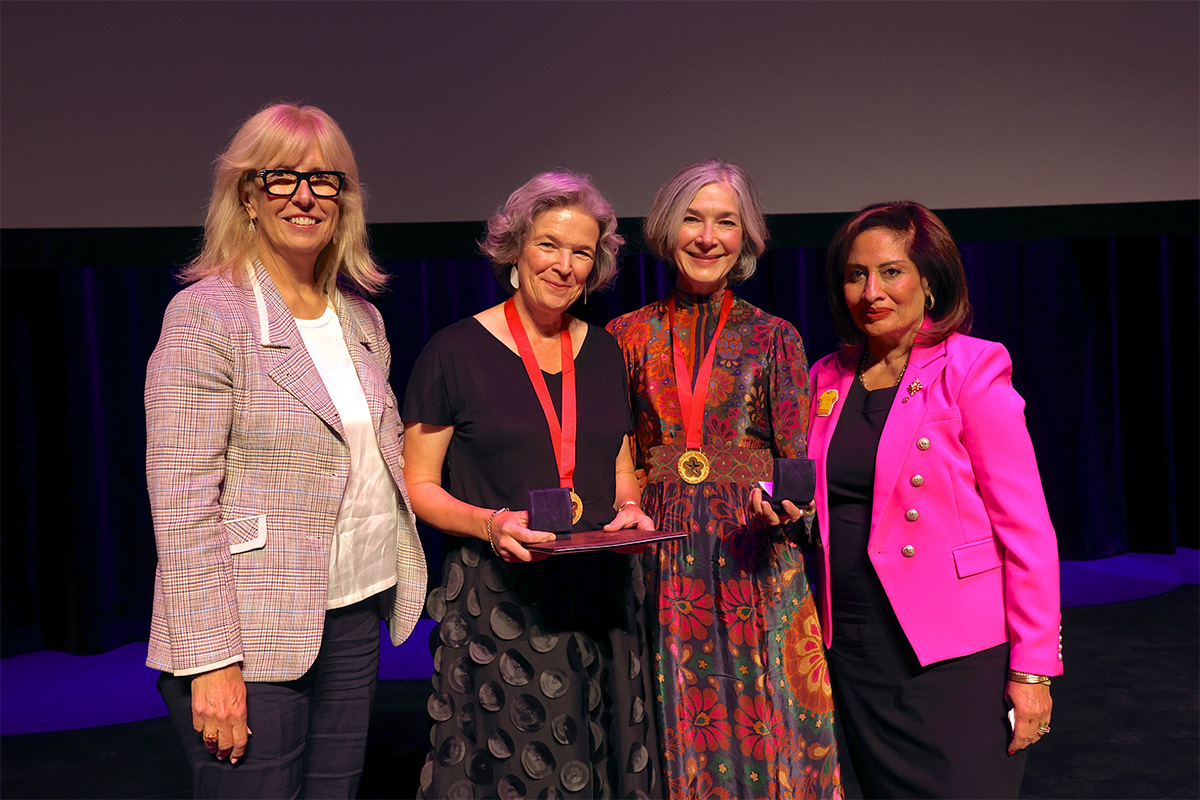
JAMES
You’re one of this year’s recipients of the Lieutenant Governor of Alberta Arts Awards and so what was that evening like – you know – where everyone gathered to honour the recipients? What sort of weekend was it like and what does it mean to be recognized for your work by receiving that award?
AMANDA
The evening itself was – what’s the right word – it was elegant. It was really a wonderful event, and everybody involved with it did such a great job, and Salma Lakhani was fantastic. I don’t know how to get past saying all these effusive things, but it was a beautiful evening, and it was actually a genuine honour to be there. The whole weekend was really fun.
WENDY
And two dear friends of ours were also there. Part of the award is you are able to honour one other artist. We actually sneaked in with two because there are two of us after all. And they were there and that made it especially fun. It was more fun than the Oscars.
AMANDA
It was more meaningful than the Oscars.
WENDY
And much less stress.
AMANDA
And I don’t think we’ve necessarily been on Alberta’s radar (if I can even say a strange thing like that) so to get that honour at a provincial level and to be declared someone of note in the Alberta Arts scene felt pretty great. Of course, at the Oscars, you talk to lots of people who have interesting things to say about your work and care very deeply about animation, but really that kind of all gets swept aside for the grand pageant and the promotion. But to be nominated for the LG award by somebody in the Arts community and then have it juried by the Arts community is very meaningful. It’s much more meaningful than measuring success by whether or not our film was on a billboard on Sunset Boulevard.
